Update: Telus Corp's Schemes BC Health Care System.
Securing questionable contracts for publicly funded Federal and Provincial Contracts.
Excerpt from the Article:
Telus, a company worth $35.8 billion with Vancouver headquarters, has expanded into health care in recent years, seeing it as a way to differentiate itself from its telecommunications competitors and grow revenues.
By 2020, the company had spent more than $2.5 billion on forays that included buying health clinics and becoming a major provider of electronic medical record services.
Along with Telus president and CEO Darren Entwistle, consultants lobbying the provincial government for the company include former BC NDP executive director Raj Sihota, former NDP provincial director Michael Gardiner, Health Minister Adrian Dix’s former chief of staff Stephen Brown and former NDP senior adviser Christina Rzepa.
Entwistle is registered to lobby the five regional health authorities, the Nisga’a Valley Health Authority, the Provincial Health Services Authority and the Health Ministry on “communicating with the Government of British Columbia about various health solutions and services (offered by Medisys, Akira and other Telus Health entities) including virtual care, remote health monitoring and symptom triage systems.”
Records also show that earlier this year Telus gave an “informational luncheon at the Union Club to provide overview of Telus’ contributions to B.C.” to 26 NDP cabinet ministers, MLAs and officials at a cost of $18.32 per person. The Union Club is a 145-year-old private club a short distance from the legislature. -
A year ago B.C.’s Medical Services Commission filed for an injunction in the B.C. Supreme Court alleging the Telus LifePlus program’s billing practices contravened the Medicare Protection Act. The parties settled the dispute in April with an agreement the corporation will no longer offer access to family doctors for patients who pay thousands of dollars in fees. (source: Andrew MacLeod | 22 Dec 2023 | The Tyee)
Telus Corporation has been collecting Data from the Public illegally.
How did Telus Corp gain access to most Canadian mobile devices? Without getting authorization from a Canadian Mobile User
Telus Corporation has flagrantly violated the public's privacy by illegally collecting their data and recklessly disclosing it to the federal government. Watch this short video.
The House of Commons Investigation does not even mention the violation of the privacy of Canadians.
Here are very important questions that the public needs to know
Where is the Data Collected from QR Code Scanning?
Where is the Data Collected from the COVID-19 Immunization program?
Where is the Data Collected from the ArriveCan App?
What Corporations have access to this personal information?
Telus Corporation's egregious actions have resulted in the illegal collection of personal data from the public and its subsequent disclosure to the federal government. This violation of privacy is a serious offense that cannot be ignored. We must hold Telus accountable for their actions and demand that they take immediate steps to rectify this situation.
Who is protecting Telus Corp?
How deep is the connection of Telus Corp to Federal & Provincial Government ?
Telus and the Digital ID system The Big Tech industry, like Telus, is one of Canada’s Digital Ambition proponents.
Telus Corp is a corrupt business organization that collects data, schemes, government contracts and publicly funded programs.
Telus is the main player in Canada's Digital Ambition initiative, but its Digital ID system has raised concerns about privacy and data collection. It is important to question the motives behind its involvement in government contracts and publicly funded programs. There is a growing distrust of Telus and its practices. Many are skeptical of the company's values and technologies' impact on individuals' privacy.
The Diverse Telus Services mainly include Data Gathering. Telus is monitoring you through ADT security systems.
Telus is a company that offers a wide range of services to its customers, including mobile, internet, home and commercial security, electronic medical record platform, pharmacy medical record and billing platform, online pharmacy, medical and digital health clinics, life, health and drug insurance, and even agriculture. However, it's important to note that many of these services involve data gathering, which raises concerns about privacy and data mining.
One of the most notable examples of Telus' data gathering is its ADT security systems. While these systems are designed to provide customers security and peace of mind, they also enable Telus to monitor individuals and collect data about their daily activities. This raises questions about the extent of Telus' data collection and what it is doing with the information it gathers.
How deep is the connection of Telus Corp to Federal & Provincial Government?
Telus Health wants to control the entire healthcare system by rolling out a Canada-wide digital healthcare platform.
TELUS Health's initiative to control the entire healthcare system through a Canada-wide digital healthcare platform has raised concerns about privacy and data collection. Creating a centralized database for patient health information via digital health and virtual care raises red flags about how the company uses the collected data. It is important to question TELUS' motives behind its involvement in the healthcare industry and what it is doing with the information it gathers.
Telus is collecting Patient Health Information via Digital Health and Virtual Care.
While TELUS Health MyCare offers expanded services, including in-person public clinics, advanced digital health tools, and access to physicians, mental health counsellors, and dietitians, it is crucial to remember that these services also involve data gathering, which puts patients' privacy at risk. The recent acquisition of Babylon Health Canada by TELUS Health has further cemented its control over the healthcare industry.
Telus wants your Personal Health Information.
The fact that TELUS Health MyCare stores all patient medical records in light of TELUS' history of data collection and concerns about its practices, it is important to remain vigilant and question the extent of their data collection and usage as they are involved in multiple businesses including research.
Telus started acquiring Health Clinics in 2018
It's highly suspicious that Telus has been relentlessly acquiring health clinics since 2018, including RH, Akira, Babylon, EQ Care, and LifeWorks. Even before the pandemic, Telus aggressively expanded its reach in the healthcare industry by purchasing patient records and other health-related companies.
Telus acquisition of Virtual Health Clinics Pre COVID (Pre 2020) to 2022, which includes RH, Akira, Babylon, EQ Care & LifeWorks
While Telus claims to be making healthcare more accessible and improving the flow of information, there are valid reasons to question the potential consequences of such a consolidation in the healthcare sector. Moreover, Telus has recently spent a staggering $100 million to acquire Medisys-owned corporate and employee health clinics across Canada, which fuels further suspicions about the company's true motives.
Telus continued its acquisition of Health Clinics and patient records.
Telus controls the major Health and Medical Insurance in Canada.
It is a matter of concern that Telus Health has involved itself in the data collection process for Canada Life. The partnership between TELUS Health, Innomar Strategies, and Canada Life can hinder patients' autonomy in selecting their healthcare providers and pharmacies. Additionally, sharing patient health information with a third-party provider outside of the circle of care violates patient privacy.
The ePA solution by Telus only benefits itself, including access to patient health information and directly interfering with ‘patients' autonomy. It is concerning to note that Telus Health has inserted itself to collect data for Canada Life.
Telus Kroll is the primary operating system of almost all Pharmacies in the country. Telus has access to a cloud-stored patient database.
Telus has access to a cloud-stored patient database. Telus Kroll aims to control pharmacy operations and collect patient health information through their pharmacy management solution, which is used in almost all Canadian pharmacies.Telus also entered Data collection on food production and agriculture.
Here are some of the major chains that uses Kroll Software:
Rollout a countrywide online pharmacy & collect your patient health information
The Ontario College of Pharmacists approved the rolling-out of online pharmacy services across the province is a dangerous policy. Using patients' autonomy as a reason is a weak justification, putting patients' safety at risk. This policy will only benefit online pharmacies operating nationwide at the expense of small independent pharmacies.
Furthermore, online pharmacies will create unsafe and unmonitored dispensing practices that can be prone to prescription diversion, especially given the ongoing opioid crisis. Online pharmacy has unmonitored collection and administration of Patient Health Information. This policy change will also create unfair business competition, allowing publicly trading online pharmacies with investors to dominate at the expense of small independent pharmacies.
The Ontario College of Pharmacists should prioritize patients' safety and the public's health over the interests of Telus Corp and Mckesson Canada.
The unmonitored collection of Patient Health Information of Telus Corp and Well Health Technologies.
Who else has access to your Medical Records? for data that are stored in the cloud
Well Health Technologies' recent acquisition of Oscar EMR by McMaster University, one of Canada's largest EMR System providers, is concerning. The platform manages millions of patient health information records on a cloud-based system, and the acquisition of virtual clinics and DoctorCare by WellHealth Technologies during the pandemic raised concerns about the consolidation of power in the healthcare industry.
It is crucial that patients have control over their personal health information and are fully informed of how it is being used. However, WellHealth Tech's storage of this information in the cloud leaves it open to misuse by anyone with access to the server. This includes sharing or selling it to clinical research firms and pharmaceutical companies for market research purposes, which could breach patient privacy.
Telus has a monopoly on the major Health and Medical Insurance in Canada, with Telus Kroll being the primary operating system used by nearly all pharmacies in the country. In addition, Telus has access to a cloud-stored patient database and has expanded its data collection to include food production and agriculture.
These facts seem to indicate a desire on the part of Telus to control health benefits and medical coverage through its Health Solutions group. Telus Kroll aims to control pharmacy operations and collect patient health information through their pharmacy management solution used in almost all Canadian pharmacies. Although it may be presented as an efficient and forward-thinking platform, The concentrated control and access to private data raises valid concerns regarding data breaches of PATIENT HEALTH INFORMATION.
Telus also entered Data collection on food production and agriculture.
Who controls Telus Corporation?
These are the major shareholders of Telus Corp, with more than 1% shares: RBC North American Value Fund is the biggest shareholder 118.30% shares. RBC Canadian Dividend Fund, RBC Dominion Securities, Inc., RBC Global Asset Management, Inc., 1832 Asset Management LP, Manulife Investment Management (US) LLC, Manulife Investment Management Ltd., BMO Asset Management Corp., CIBC World Markets, Inc., CIBC Asset Management, Inc., Capital Research & Management Co. (Global Investors), and BlackRock Fund Advisors.
The people behind Telus Corp.
Telus is one of the Corporations that controls Canada's Health Care System.
The stock price of Telus Corp has been crashing for the last 12 months, and they are desperate to roll out Digital Health Canada and Universal Health Care.
The only way to save it from Bankruptcy is to secure and scheme The Government Digital Health Contract.
This information is not accurate. Telus is not popular in the Canadian market as an internet provider.
Why is Telus Corp publishing write-ups that do not reflect accurate market share?
Is Telus Corporation misleading investors?
Are Major Banks manipulating the stock price of Telus Corp?
Telus Corp is scheming Canada's Health Care System again by securing government Contracts for Digital Health Canada.
Telus is a corrupt organization desperate to save its crashing stock price.
Business of Telus Corp funded by the Government.
Who is Protecting Telus Corporation?
Some Federal and Provincial Officials are behind it.
How is it able to avoid Privacy Violations Investigations? Despite Multiple infarctions.
Both Telus and WellHealth made a press release on privacy protection which has no impact on the growing concerns of Data Mining of Patient Health Information. It is the entire organization that engages on this activity and not an outside threat
Telus Corp is outsourcing Jobs that Canadians can do.
The Government keep giving Federal and Provincial Contracts to this Corporation.
Telus Corp is compromising the Privacy of the Public.
Telus Corporation Corrupt Practice in Guatemala
Mckesson Canada, Telus Corp and WellHealth Technologies collude with Provincial Regulators and Public Officials to Scheme and Scam Canada's Health Care System.
Systemic Corruption and Business Interests have destroyed the Public Health System.
In exchange for more financial gains for Telus Corp, Mckesson Canada and WellHealth Technologies.
We should ask Sylvia Jones, MPP, former executive assistant of John Tory and Fanshawe Broadcasting Major and now Minister of Health.
The Minister approves government-funded programs that enrich Mckesson Canada, Telus Corporation and WellHealth Technologies. The Corporations use lobbyist organizations like the Canadian Medical Association, Ontario Medical Association, Ontario Pharmacists Association and Neighbourhood Pharmacists Association to lobby on their behalf.
These lobbyist organizations create misleading claims to support their lobby. They make recommendations to MPPs and MPs that contain proposals that will benefit Corporations funding the Organizations. Some approved programs are Virtual Care, Online Pharmacy, Pharmacist Prescribing for Minor Ailments and others.
How much money did she scheme for medical supplies procurement and other publicly funded Health programs from the Ontario Ministry of Health?
Do you know why the Federal and Provincial Governments are very enthusiastic about passing bills for Healthcare?
Do you know who is billing your health card?
Pharmacies, Clinics, Laboratories and Doctors are billing your health card without you knowing.
College of Physicians and Surgeons of Ontario, the Ontario College of Pharmacists, and the Ministry of Health collude with Mckesson Canada, Telus Health and Well Health Technologies to scheme the HEALTHCARE SYSTEM.
CORRUPTION IS VERY DEEP in Healthcare
Regulatory Schemers: CPSO
Dr. Nancy Whitmore, Registrar and CEO
She keeps the CPSO board meetings close to the public. So CPSO can approve questionable regulations. Regulated Cross-Jurisdictional Operation of Virtual Care to Favour Health Tech Businesses
When the provincial regulator for physicians and surgeons like CPSO operates like a For PROFIT organization
Look closely at the corporate officers.
Ontario Family Medicine Scheme
Family Doctors in Ontario who are part of FAMILY HEALTH TEAM (FHT) or FAMILY HEALTH ORGANIZATION (FHO) are making money by rostering patients and billing your Ontario Health Card (OHIP) annually without seeing the patient.
Telus Health and Well Health Technologies are the leading lobbyists for Universal Health Care and Digital Health. They have been collecting Patient Health Information and storing it on their servers.
The Biggest Data Mining of Patient Health Information.
Regulatory Schemers: OCP
Ms. Shenda Tanchak CEO | Registrar.
Advances the business interests of Telus Corp and Mckesson Canada by creating regulations that will directly increase Pharmacy Revenue.
These programs include:
Online Pharmacies
Minor Ailments Prescribing
Corruption in the Health Care System:
Corporations that are controlling Canada’s Health Care System
TELUS Health
Mckesson Canada
WELL Health Technologies
Who is Mckesson Canada?
McKesson Canada is a leading pharmaceutical distributor and healthcare solutions provider in Canada. They play a crucial role in the pharmaceutical supply chain, distributing medications and healthcare products to pharmacies, hospitals, and other healthcare providers across the country. Additionally, they offer a range of services and solutions to improve the efficiency and effectiveness of healthcare delivery, including technology solutions and business consulting services.
McKesson Canada is a subsidiary of McKesson Corporation, a global healthcare services and pharmaceutical distribution company.
Services offered by Mckesson Canada:
Pharmaceutical distribution
Technology solutions
Business consulting services
Other tools to help healthcare providers streamline their operations and enhance patient care
Support and services to community pharmacies, hospitals, and other healthcare facilities to optimize their operations
McKesson Canada's presence in the Canadian healthcare industry is a cause for concern as the company's monopoly in the pharmaceutical distribution space is detrimental to the industry's competitiveness. As a subsidiary of one of the world's largest healthcare services and pharmaceutical distribution corporations, McKesson Canada significantly influences the pharmaceutical supply chain in Canada and Government Institutions, leading to Regulatory Corruption.
While they offer a variety of healthcare solutions and services to healthcare facilities, their core function is pharmaceutical distribution, which makes them a crucial part of Canada's pharmaceutical supply chain. However, their monopolistic practices limit competition, which could ultimately lead to higher consumer prices. Additionally, their dedication to innovation and automation may lead to job losses in the healthcare industry.
McKesson Canada's attempt to completely monopolize the Pharmaceutical industry caused the corruption of the Regulatory Institution that is meant to protect the public.
Mckesson Canada fully control:
Rexall Pharmacy
well.ca Pharmacy
Banner and Franchise Pharmacies that have Mckesson Canada as the primary and sole Vendor or Distributor:
Pharmasave
Wholehealth Pharmacy
OnPharm
Mckesson Canada Subsidiaries:
I.D.A.
Guardian
Remedy’sRx
The Medicine Shoppe
Uniprix
Proxim
Corporate Pharmacy:
Walmart Pharmacy
Loblaw Pharmacy
Costco Pharmacy
Metro Pharmacy
Some Shoppers Drug Mart
The Monopoly of Telus Corp and WellHealth Technologies Inc.
Mckesson Canada Controls Ontario College of Pharmacists Directors:
Corporate greed of Mckesson Canada, Telus Corp and WellHealth Tech have destroyed the Public Health Care in Canada.
In their greed to amass more wealth, they have corrupted the institutions that should have been protecting the public.
The corruption inside the organization is profound as every board of directors and regulators are executives of Pharmacy Businesses and healthcare-related corporations.
Medscheck or Medscheme?
Most Canadians who regularly go to the pharmacy have been offered and persuaded to do a MEDICATION REVIEW.
When your Pharmacist bills your health card for a Medication Review that you did not request?
Corruption in the Healthcare System.
Here are the recent initiatives of the Ontario College of Pharmacists that undermine the safety and privacy of every patient in Ontario.
Premier Scott Moe & Premier Daniel Smith
Attended a meeting with the Pharmacy Industry Lobbyist Group that advocates for COVID-19 Vaccination & Gender Affirming Care
What is the Neighbourhood Pharmacy Association of Canada?
It is a lobbyist organization composed of Medical and Pharmaceutical Industries Executives funded mainly by Mckesson Canada.
They advocate for:
Gender Affirming Care
COVID-19 Vaccines
Regulatory Organizations, Public Officials and Business Organizations are Scheming the Healthcare System using your Children.
Ms. Shelita Dattani PharmD. is a prominent lobbyist for Universal Healthcare, Online Pharmacy, COVID-19 Vaccine promoter & Gender Affirming Care.
Telus, WellHealth, & Mckesson Canada, together with the Drug Manufacturers, are funding lobbyist organizations like
When your provincial government spends millions of Tax Dollars to procure supplies that the public refuses to consume.
The Provincial Government closed Emergency rooms for lack of budget; maybe it is time to stop scheming the system so Hospitals will stay open.
Michael Garron Hospital, formerly known as Toronto East General, is a perfect example of a privatized hospital that abused publicly funded programs.
Every Doctor in Ontario knows how much the government pays for every PCR test.
When Kensington Health offers Canadians to DIE WELL.
They will bill your health card until your last breath.
When a for-profit organization like Telus or Bell, the government provides funding for Mental Health Campaigns.
Then, the Health Tech Industry started rolling out virtual counselling that is outsourced to 3rd Party Providers like
Mind Beacon provides digital therapy.
Public Health Programs should Not be For-Profit.
The Ontario PrEP Program Is a program intended to prevent the transmission of HIV.
Private Corporations should not commercialize the prevention of Sexually Transmitted Diseases.
Stop COMMERCIALIZING SEX
Warning:
Any Doctor, Pharmacist, Nurse or Healthcare Professional who recommends a treatment plan or vaccine without seeing the patient’s medical record is not acting in the patient's interest but for their own financial interest.
Stay away from this kind of Doctor.





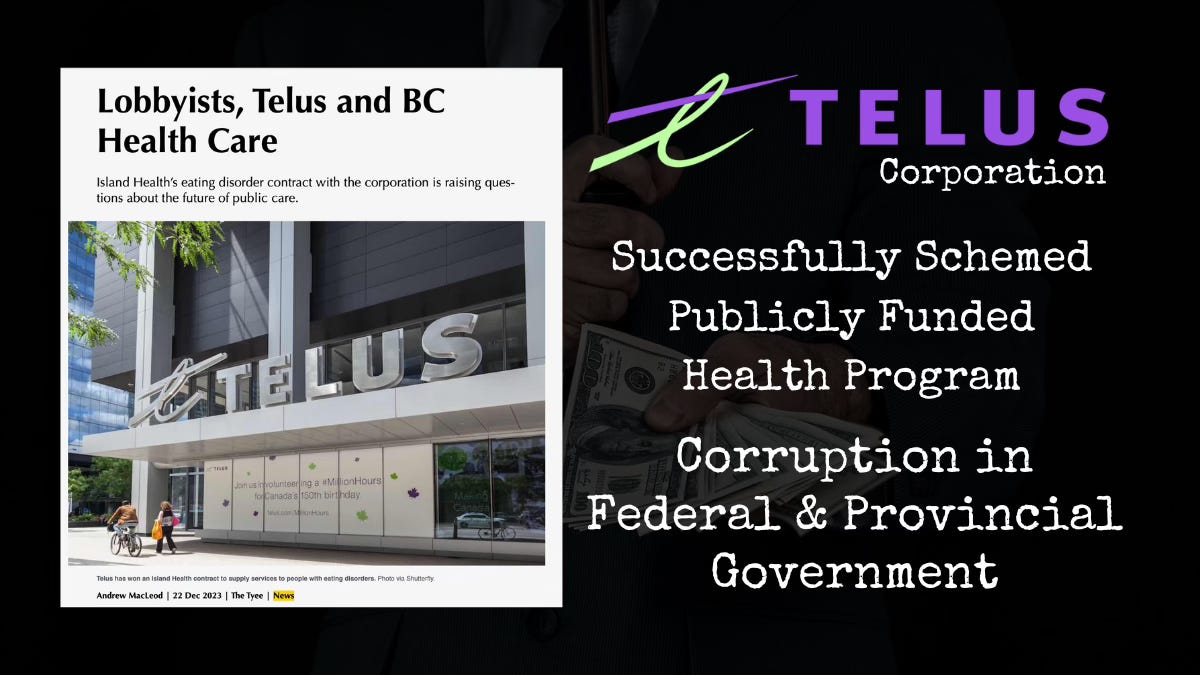

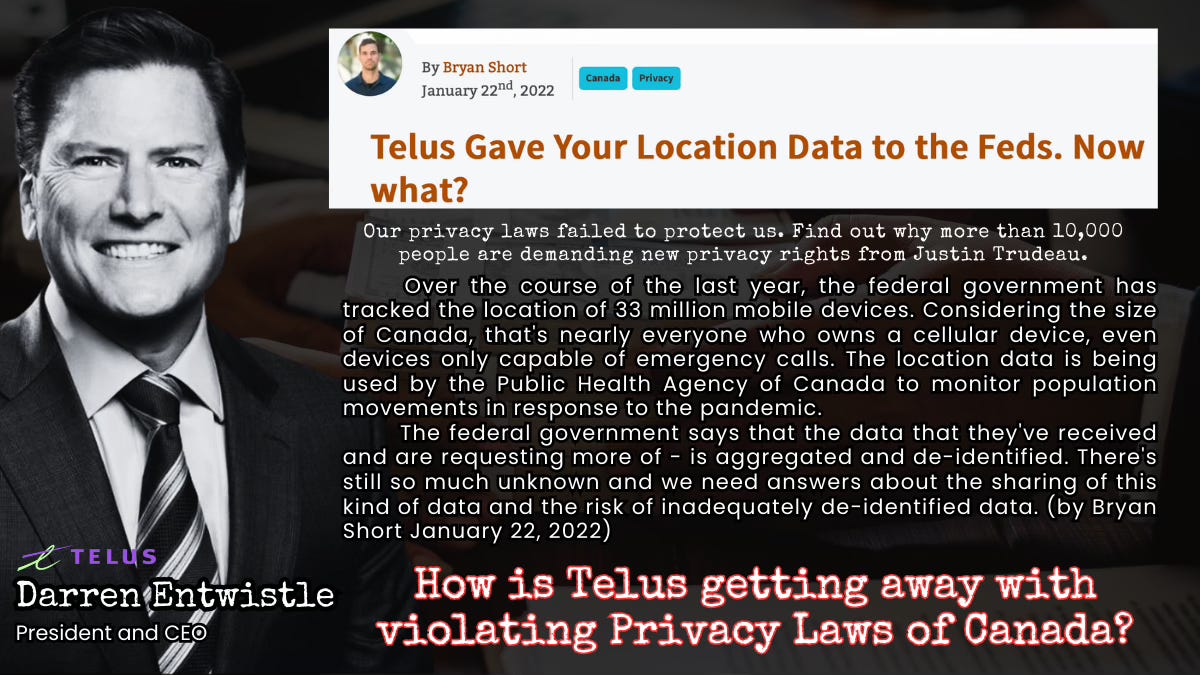
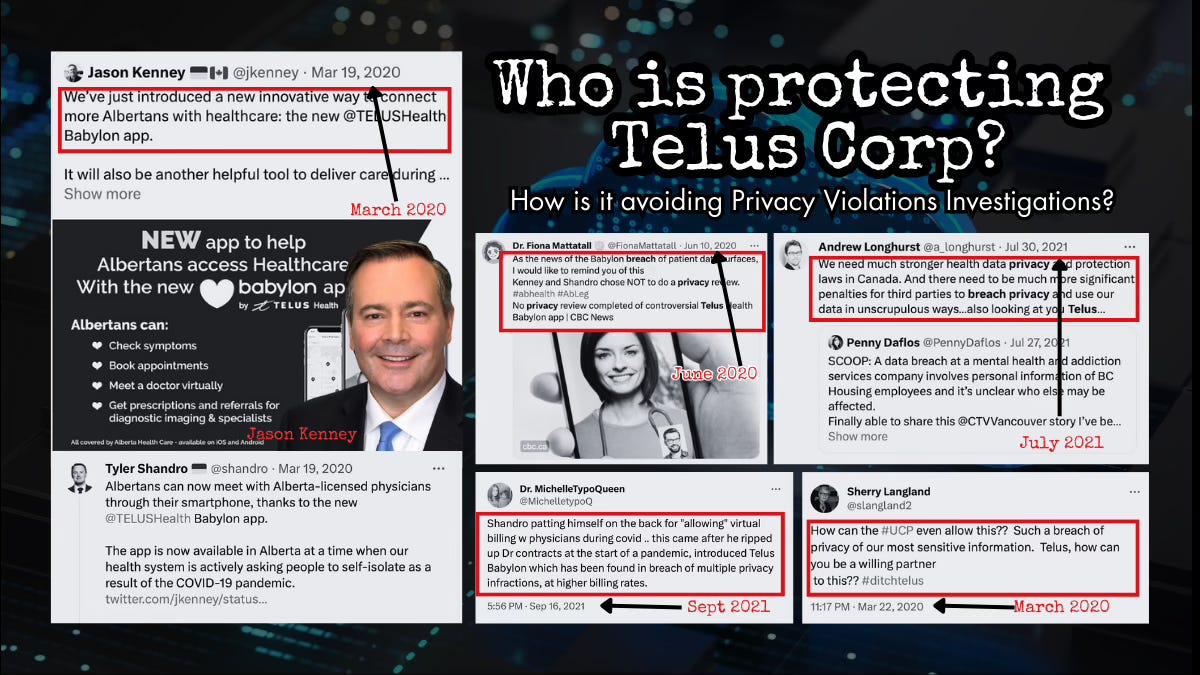

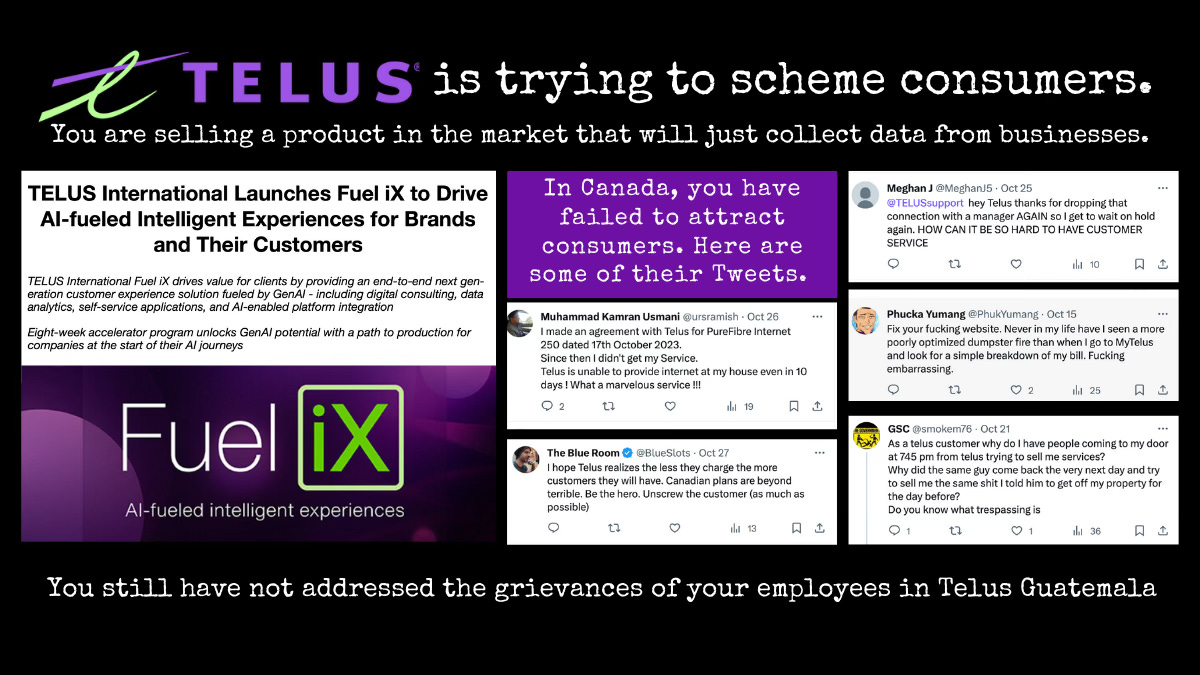





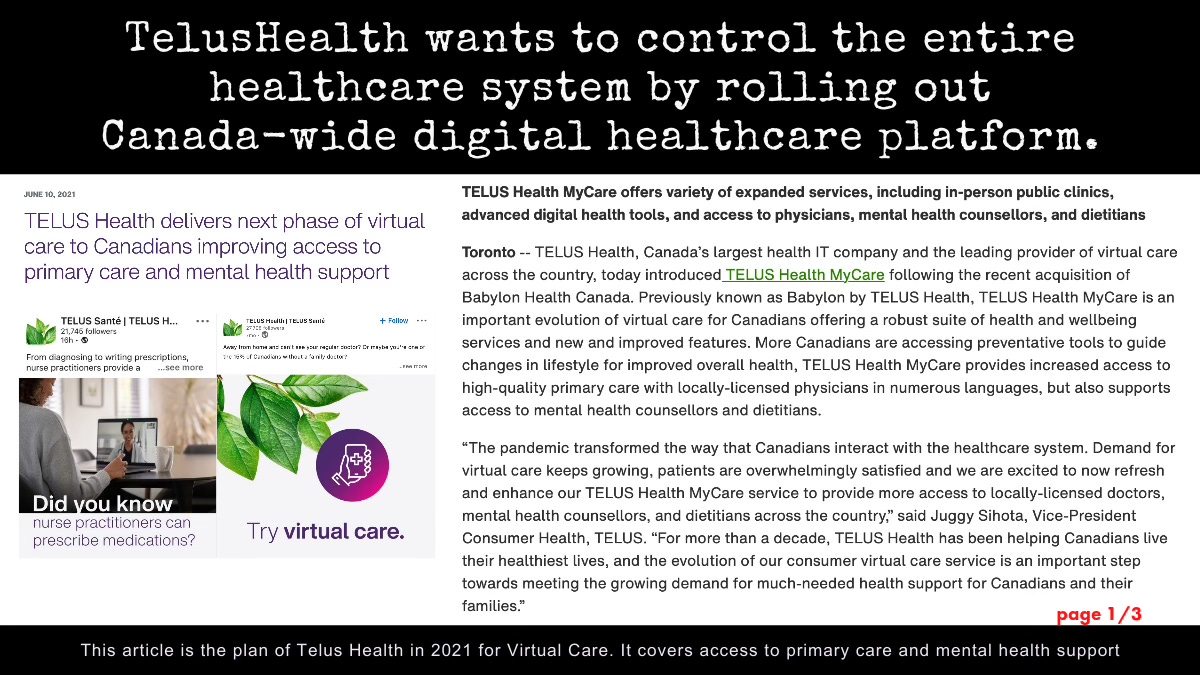
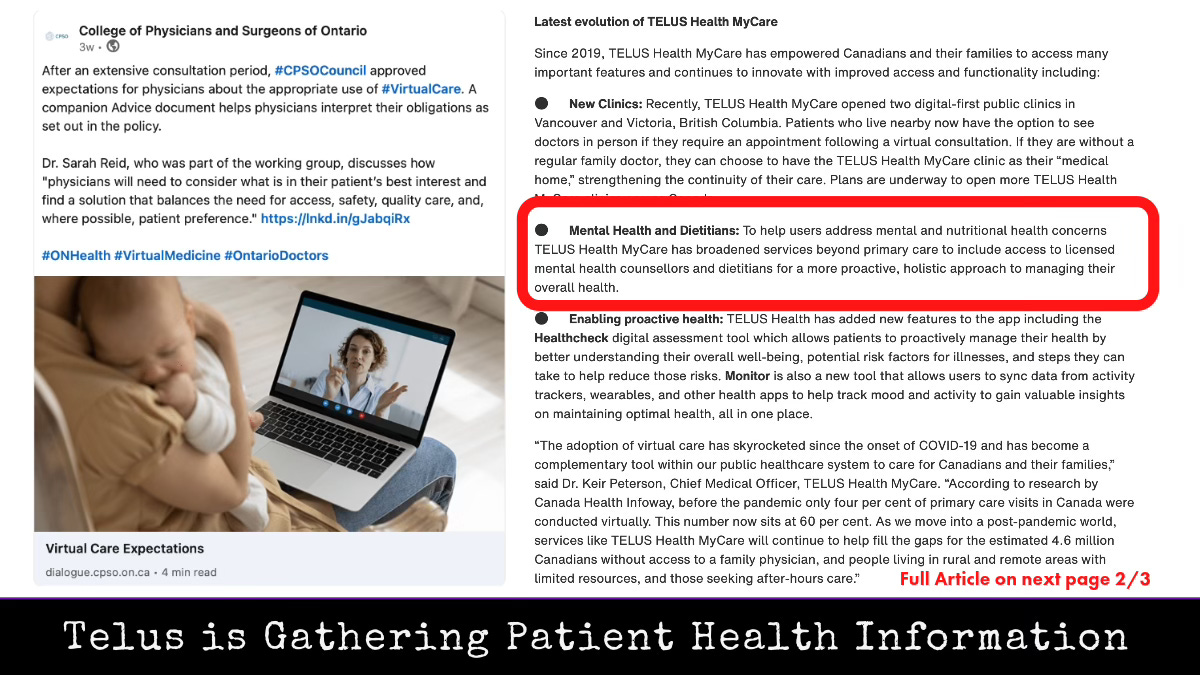
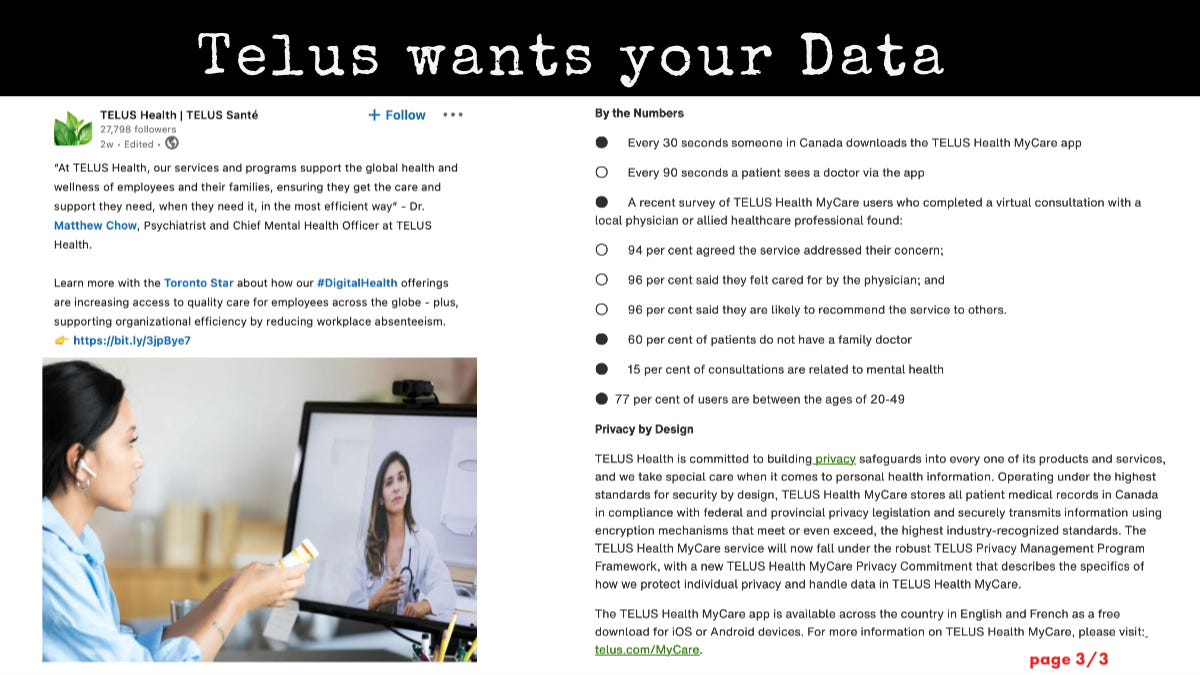
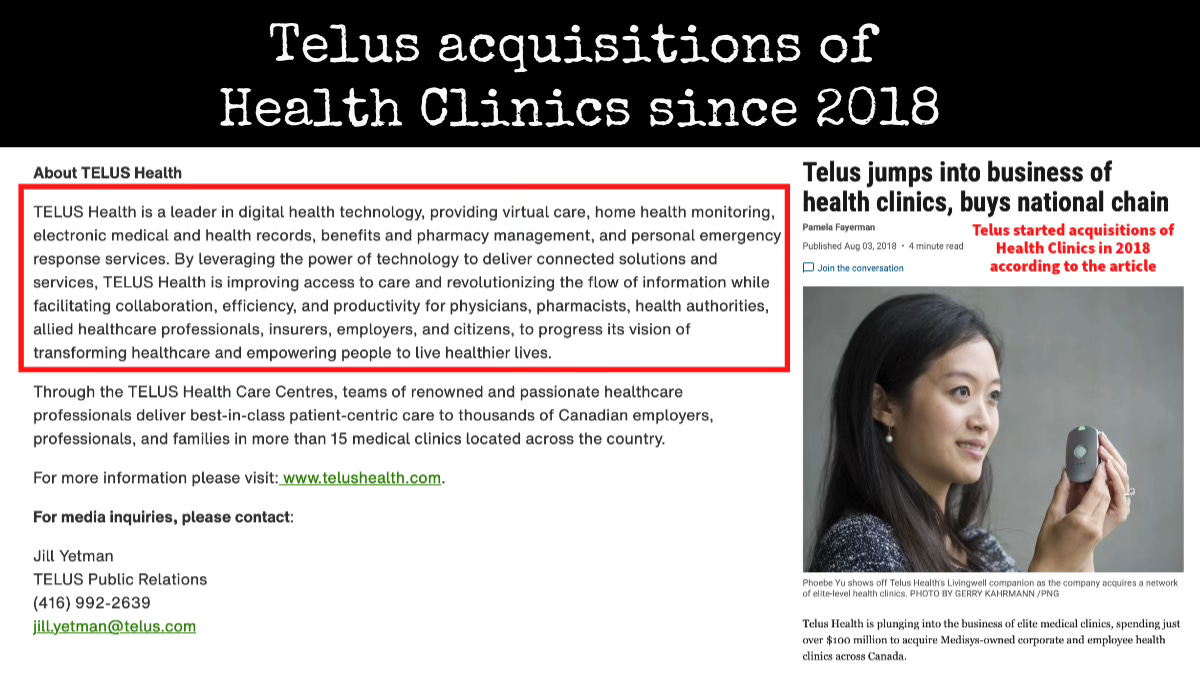
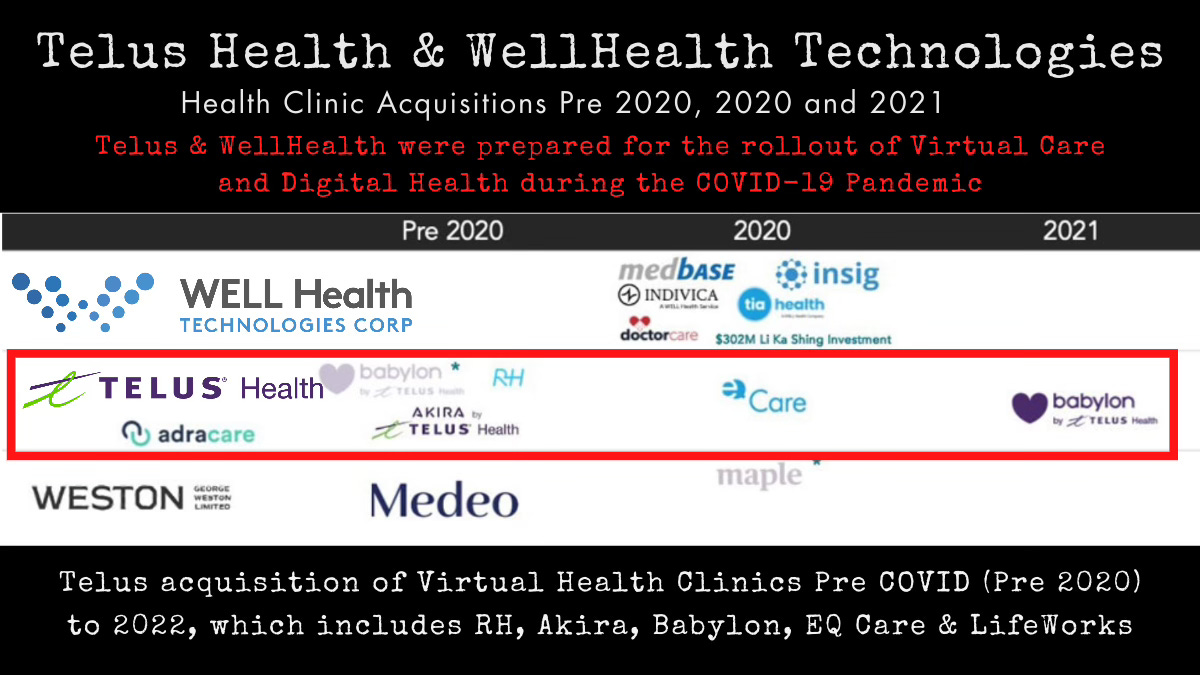

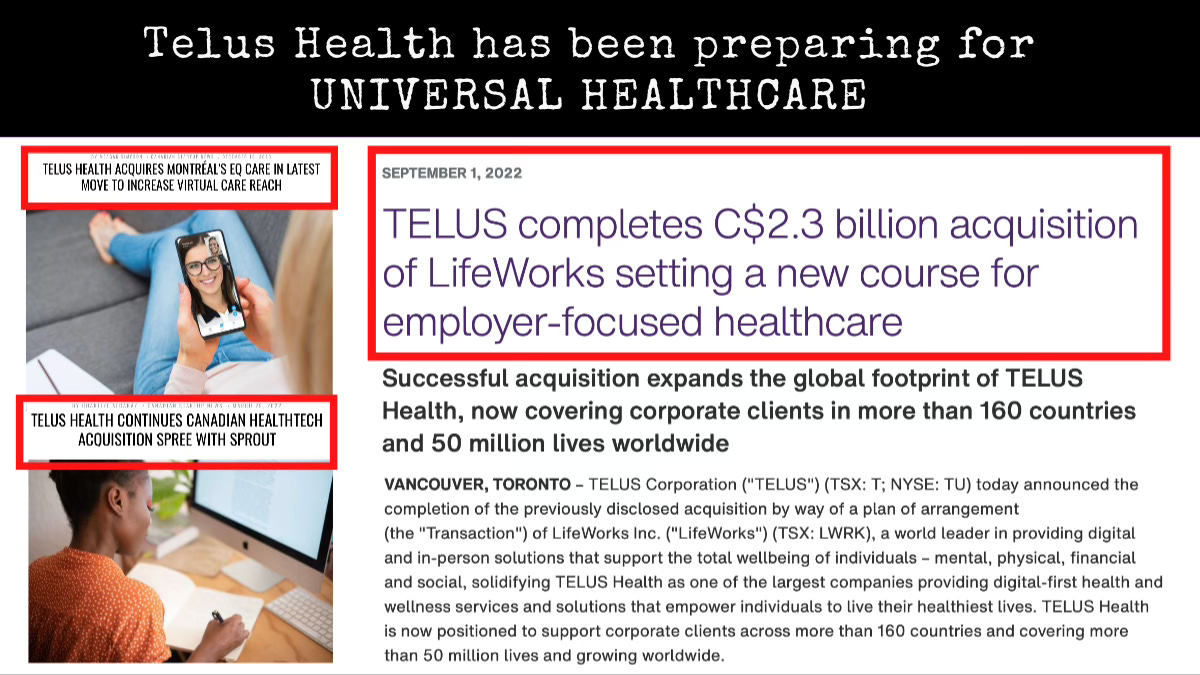
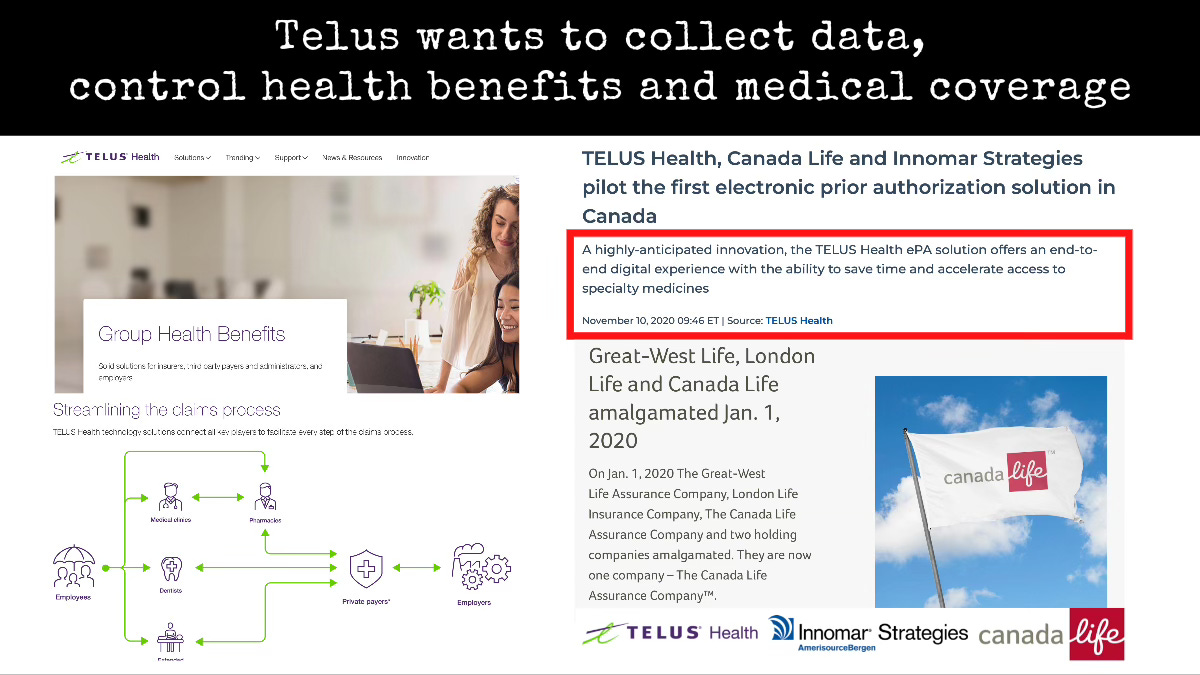
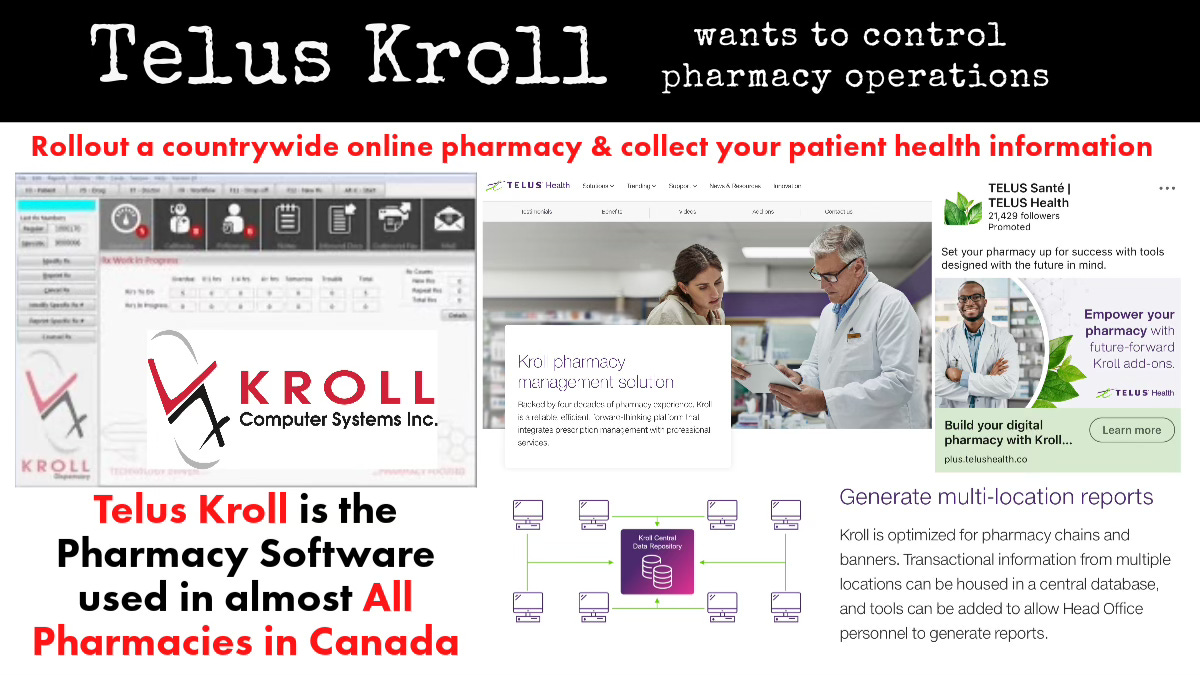
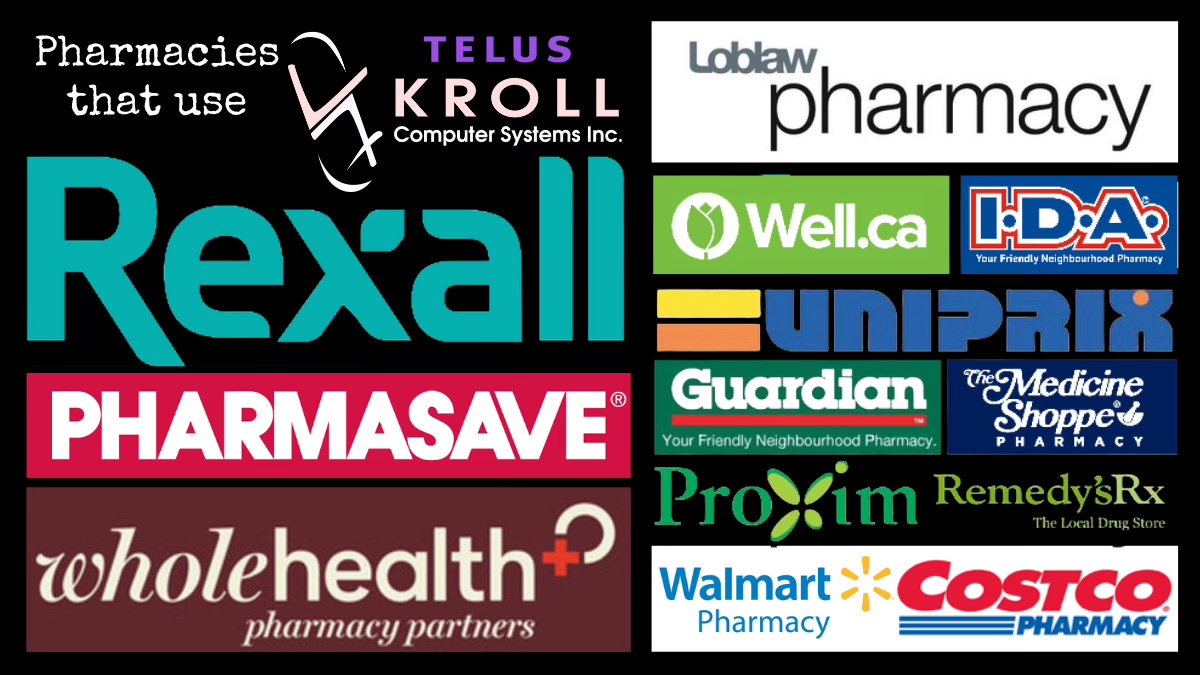
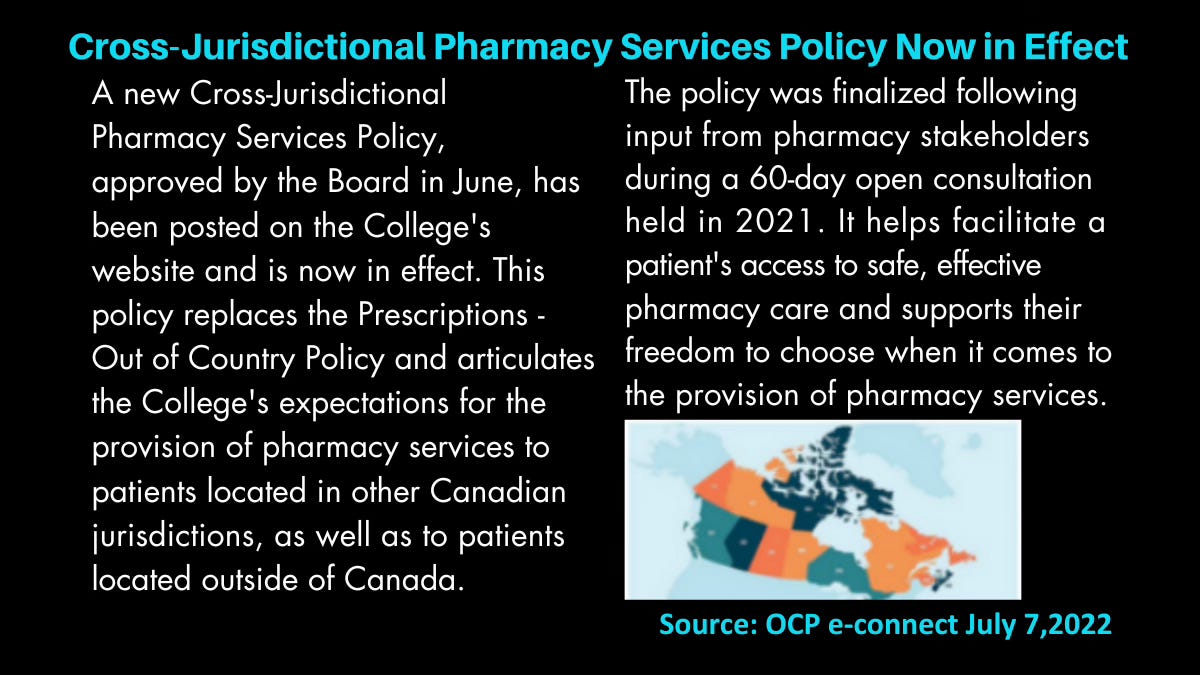
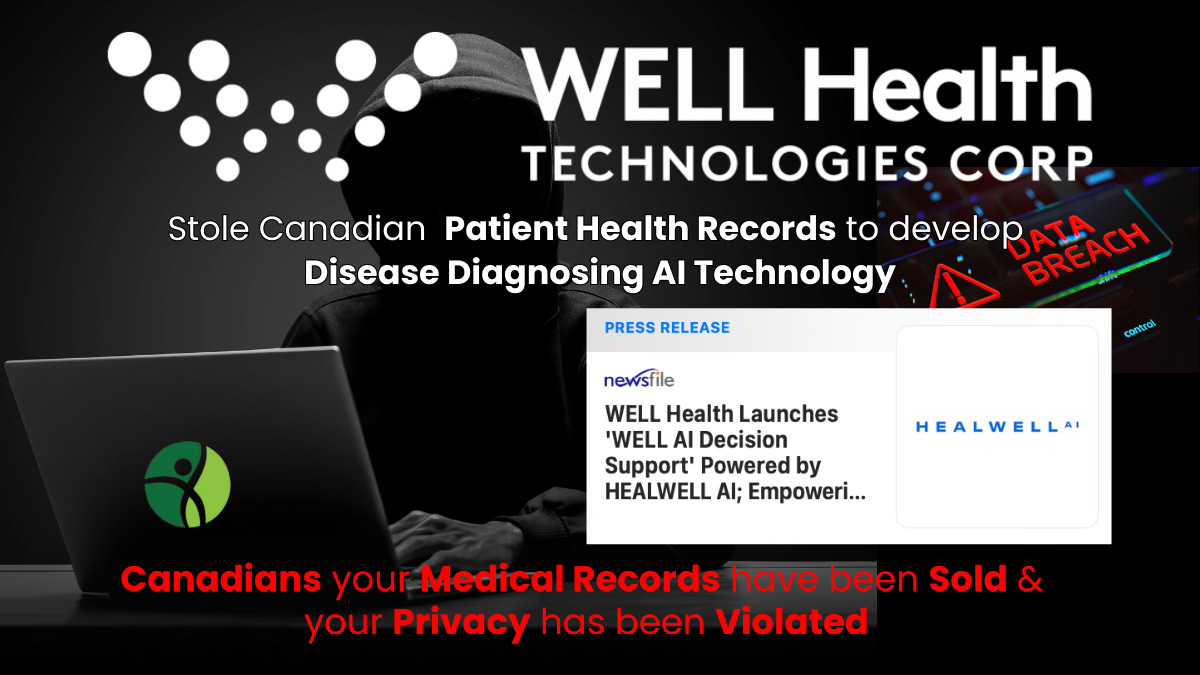
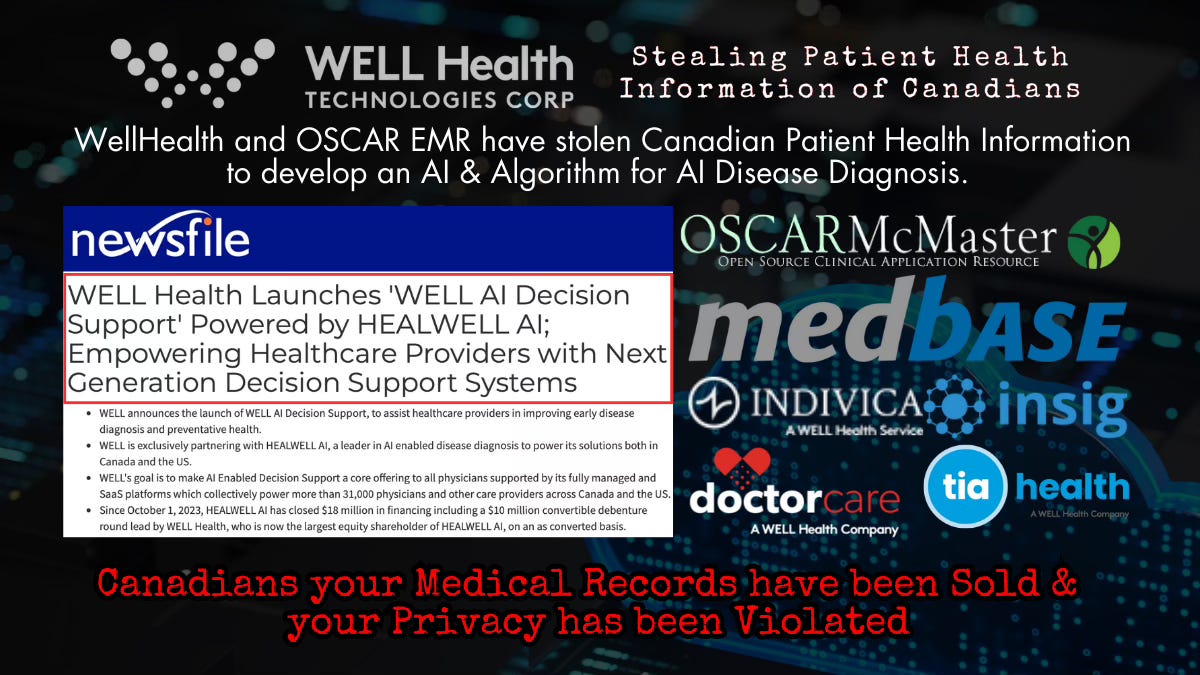


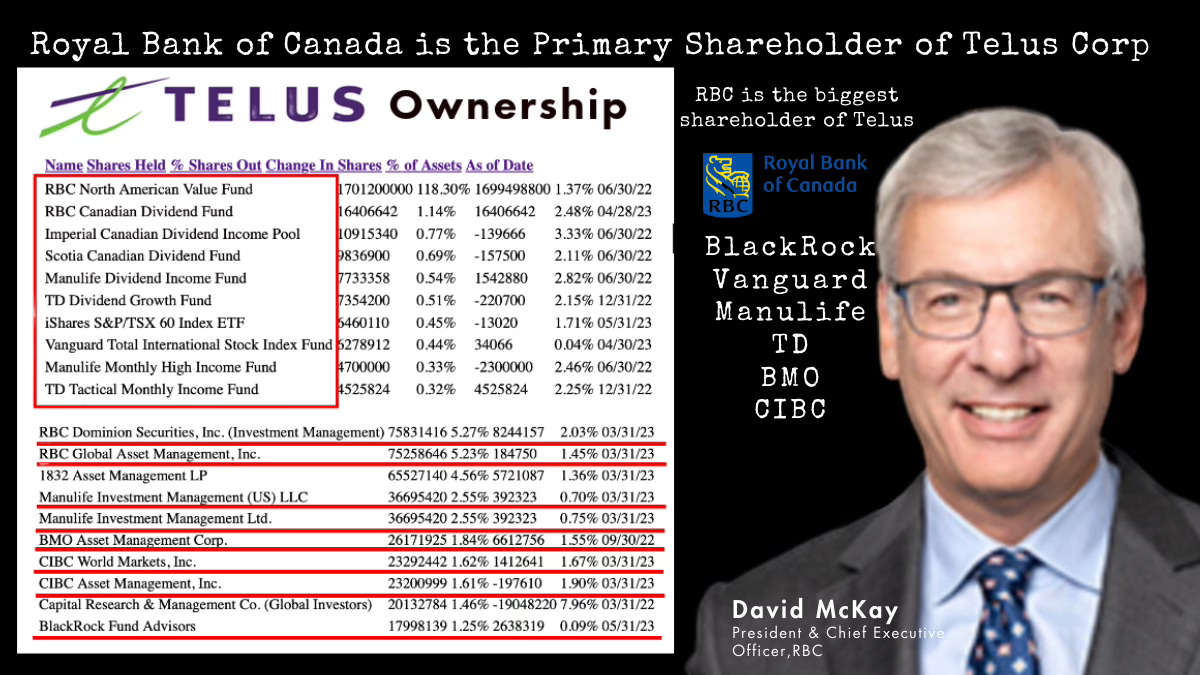
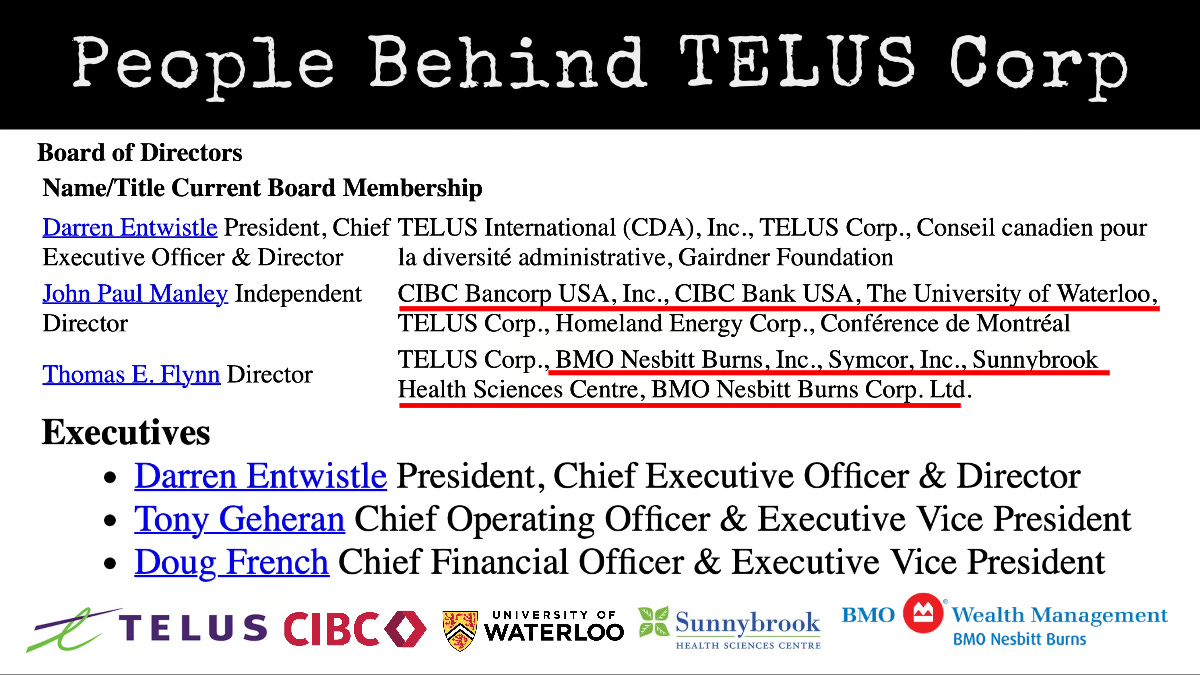
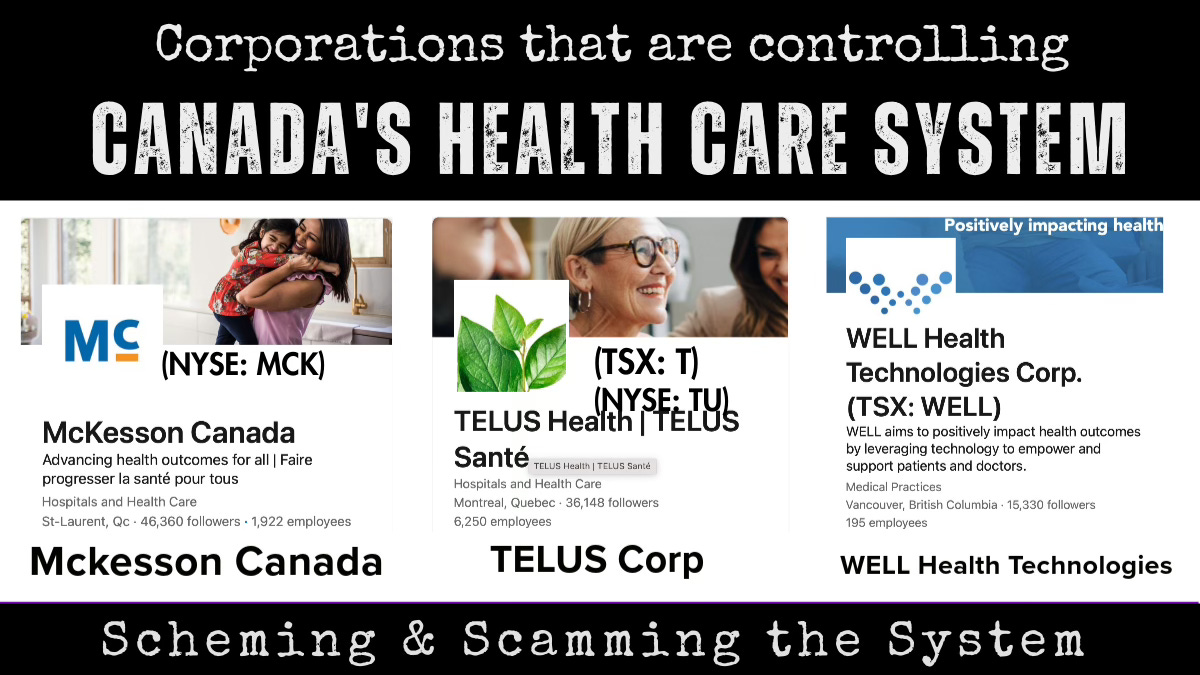
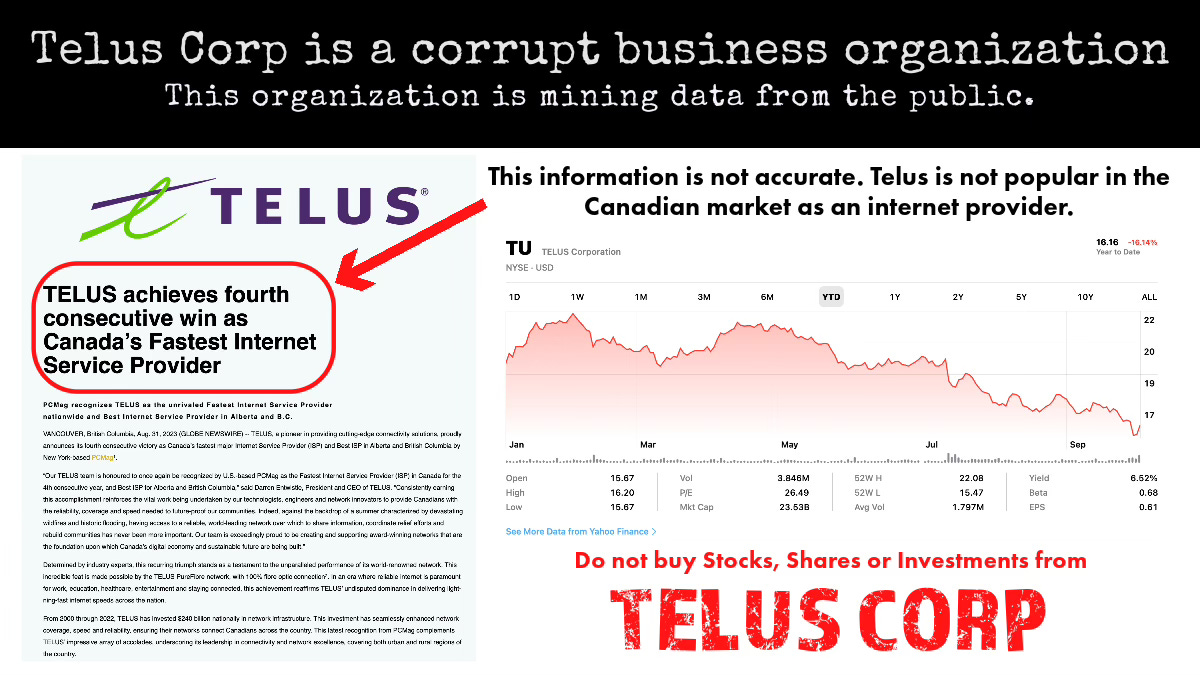
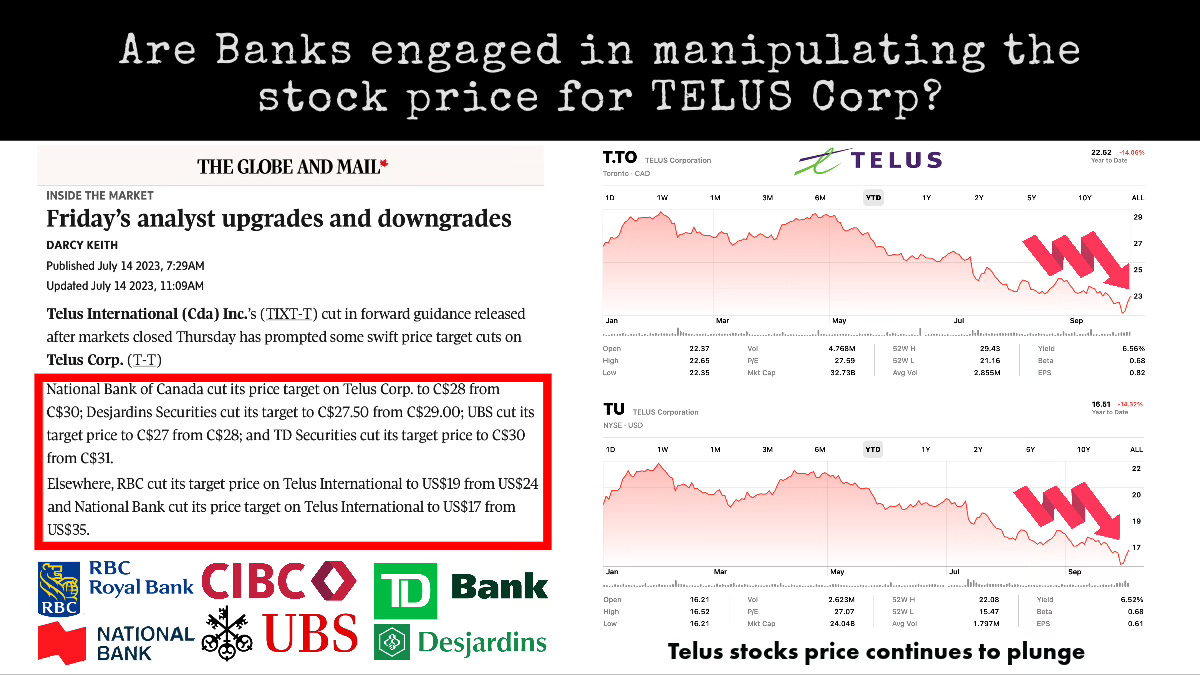
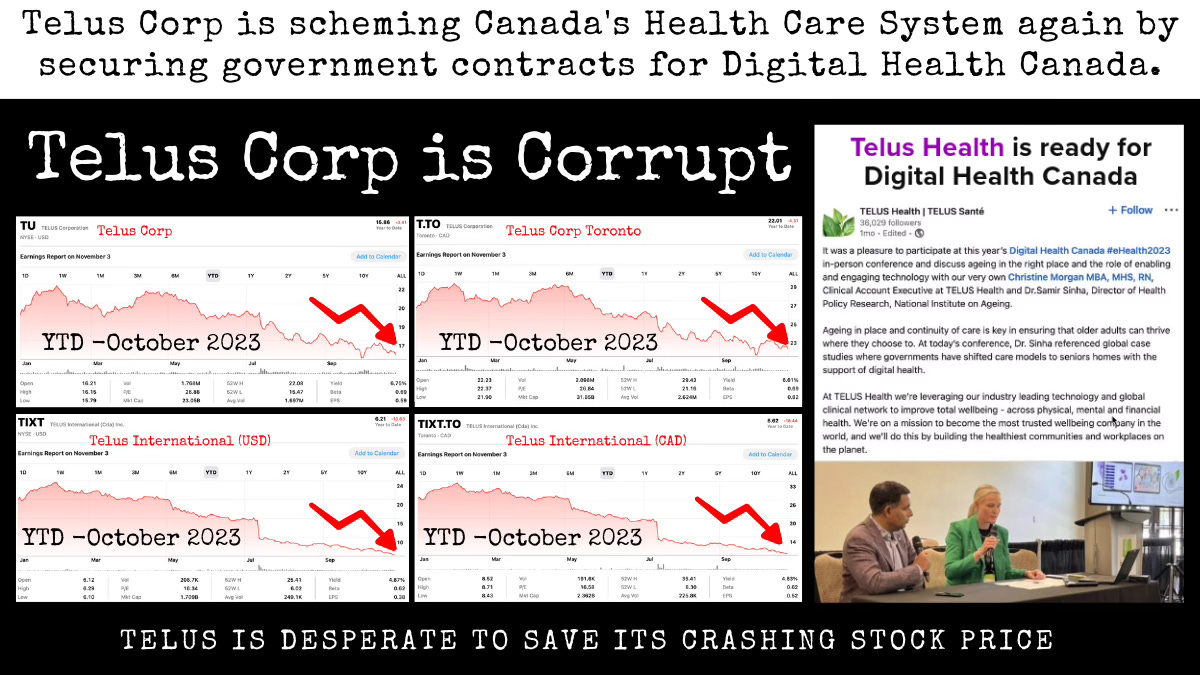


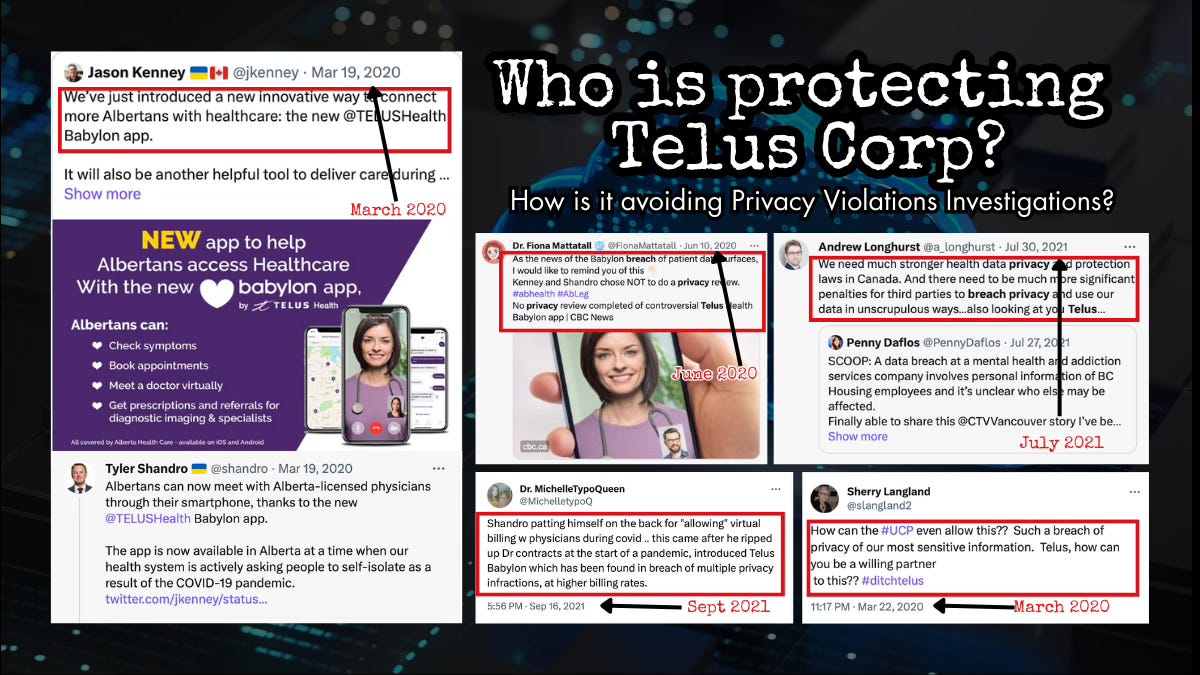

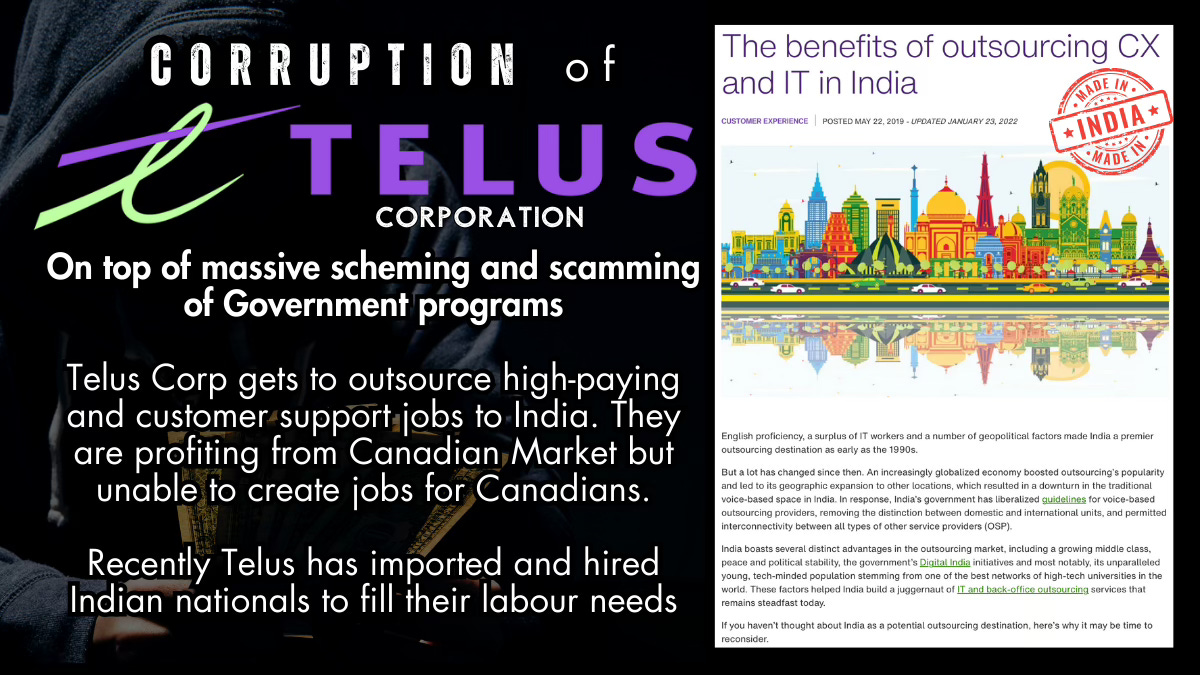
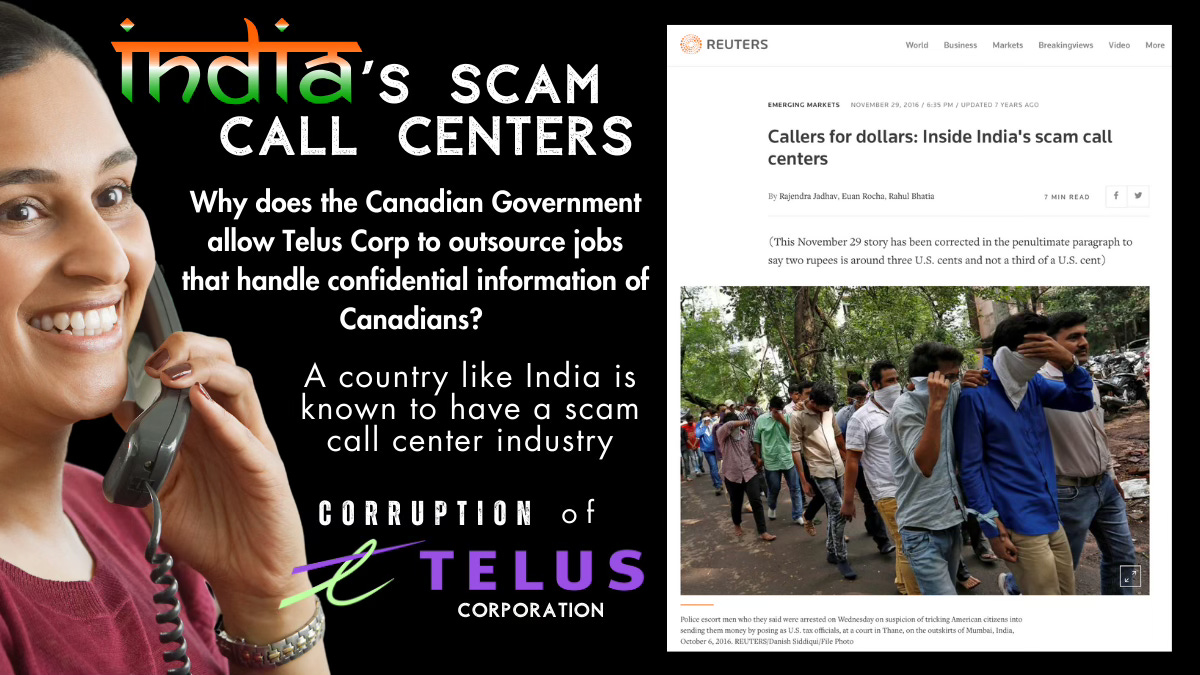
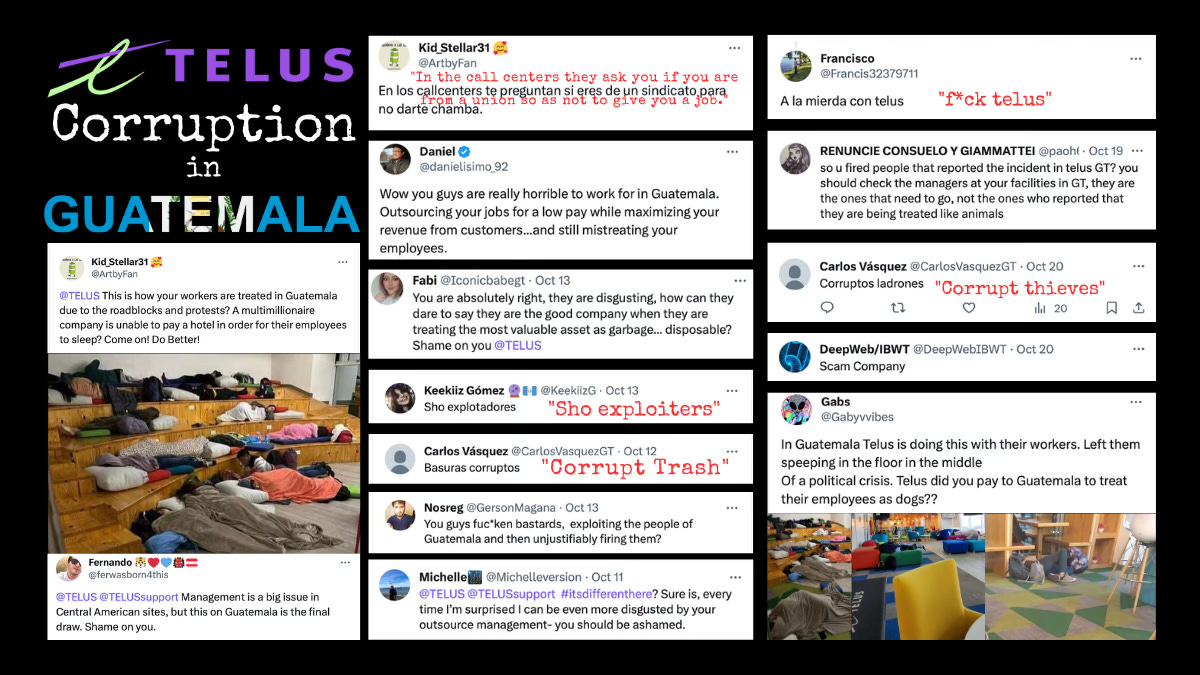
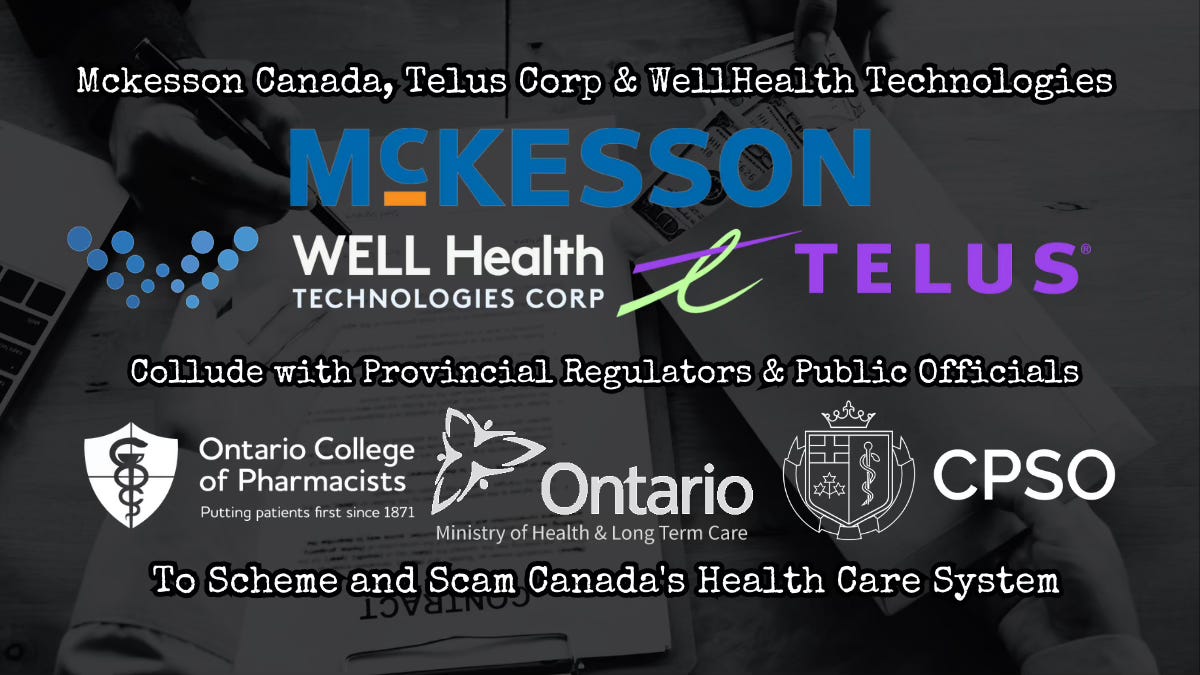
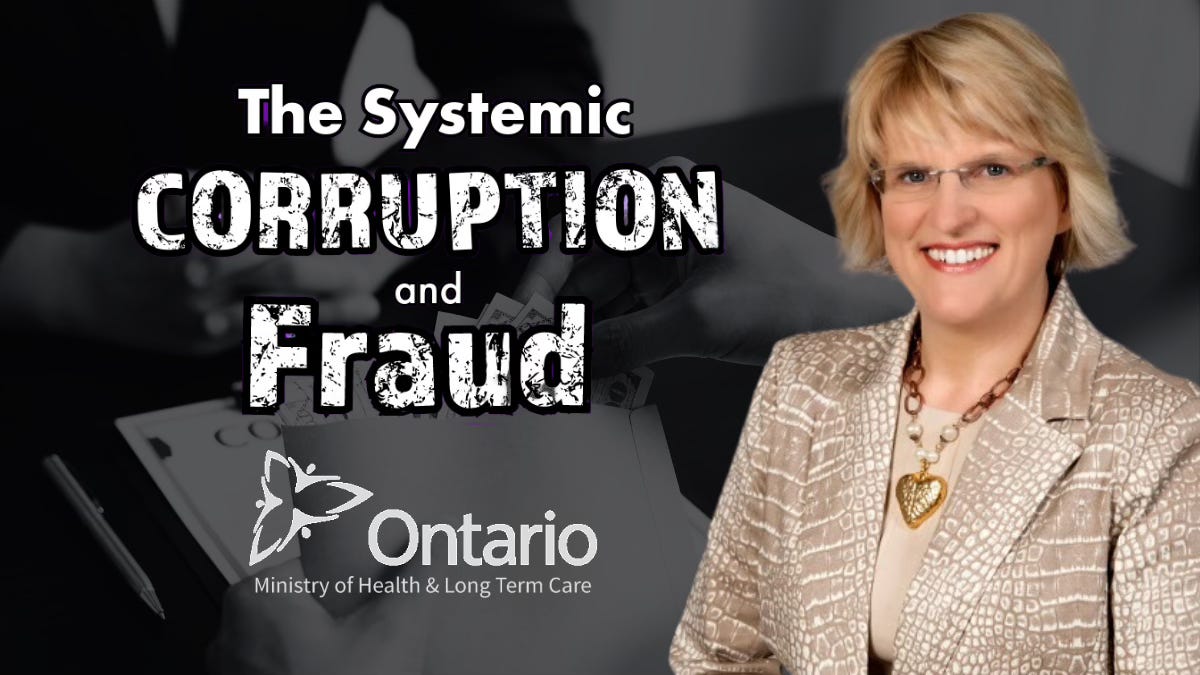
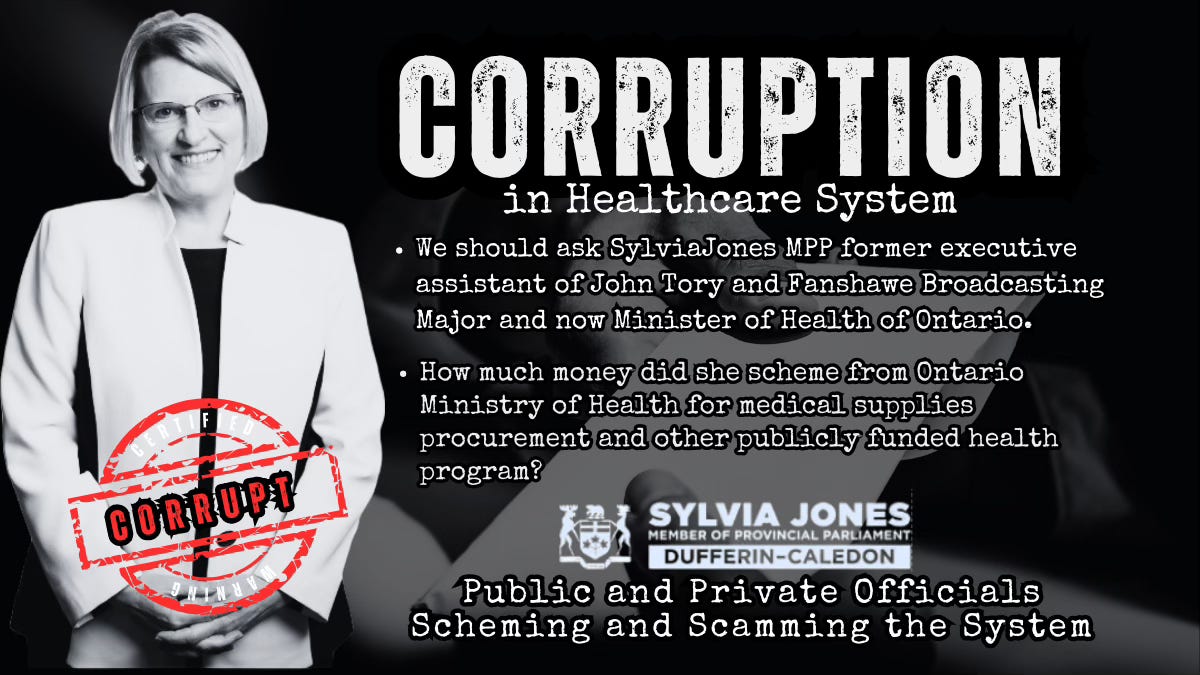
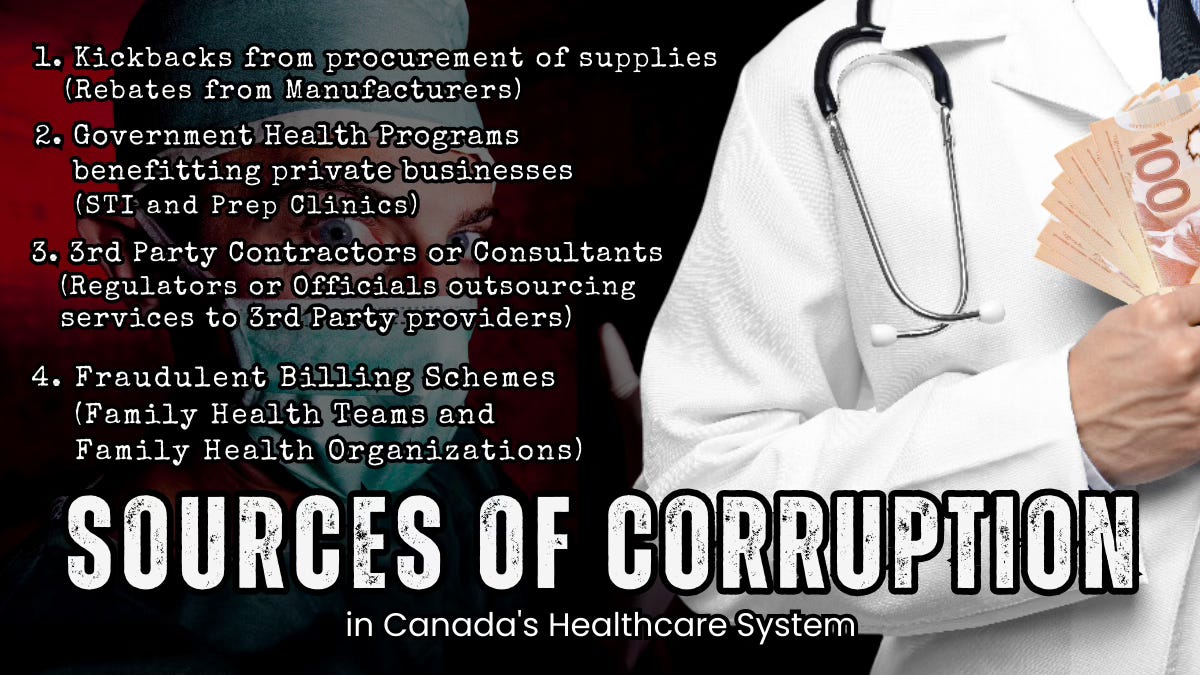

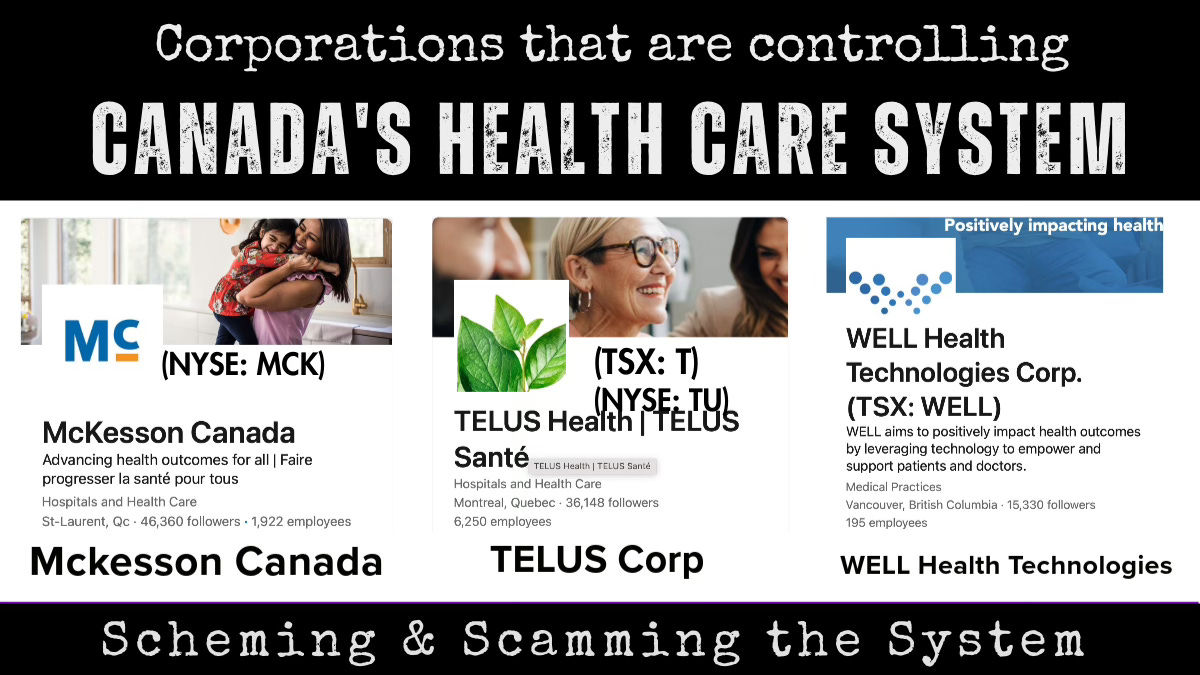
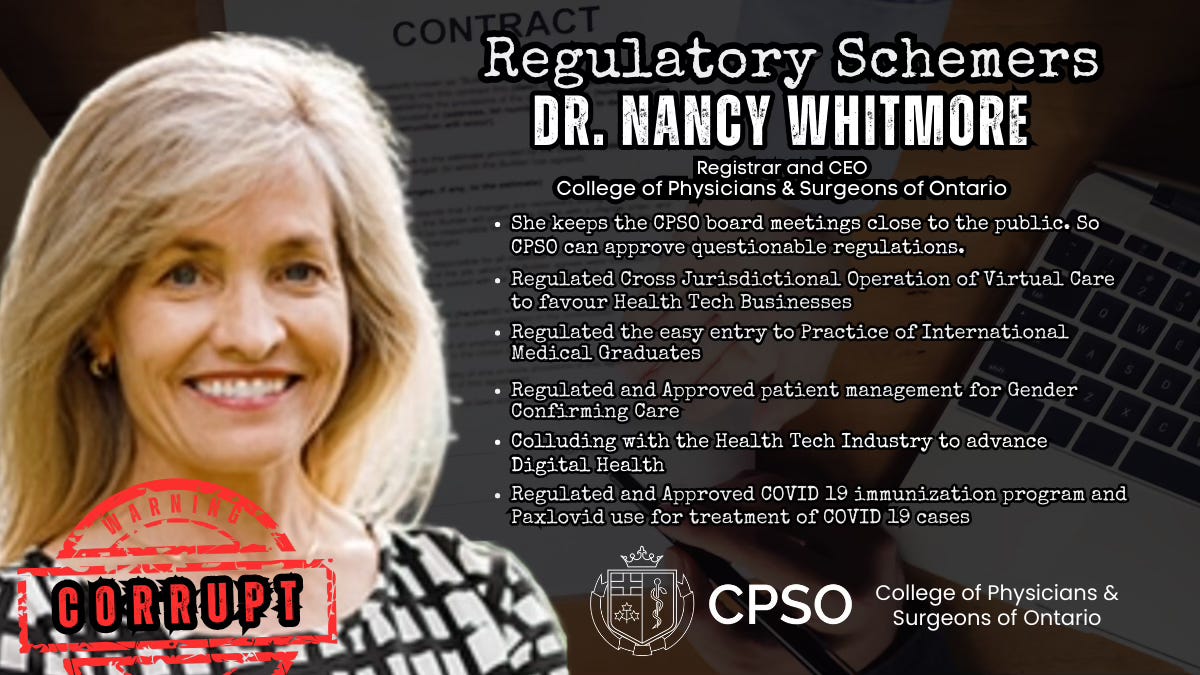
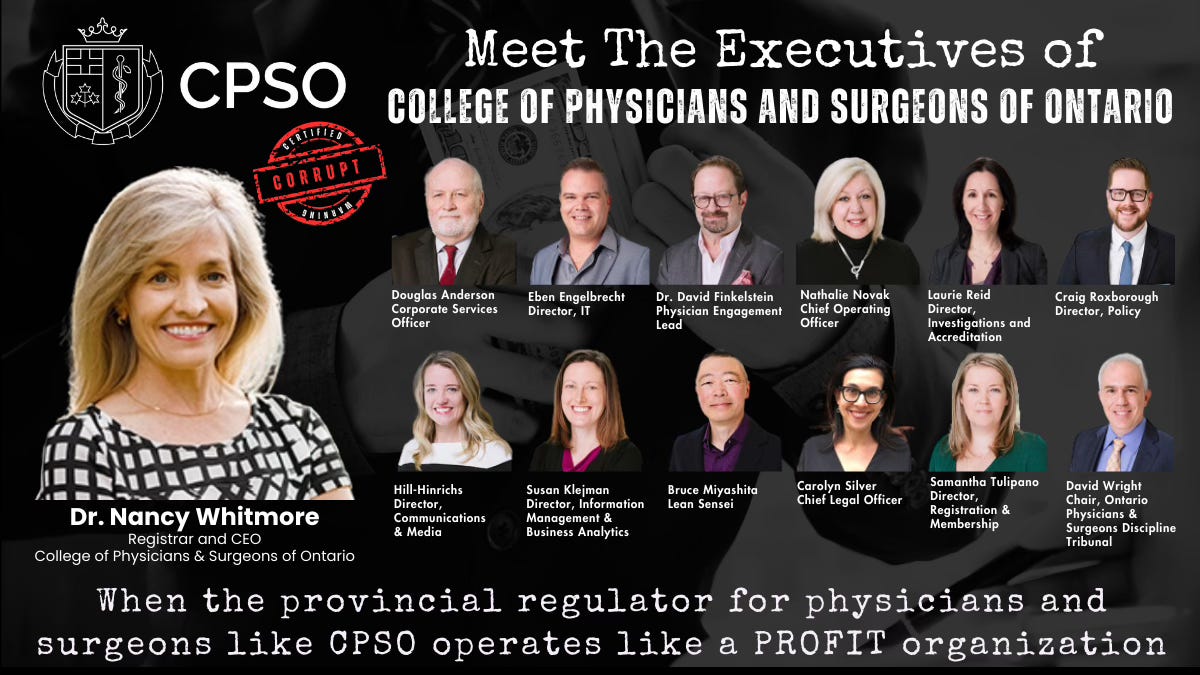
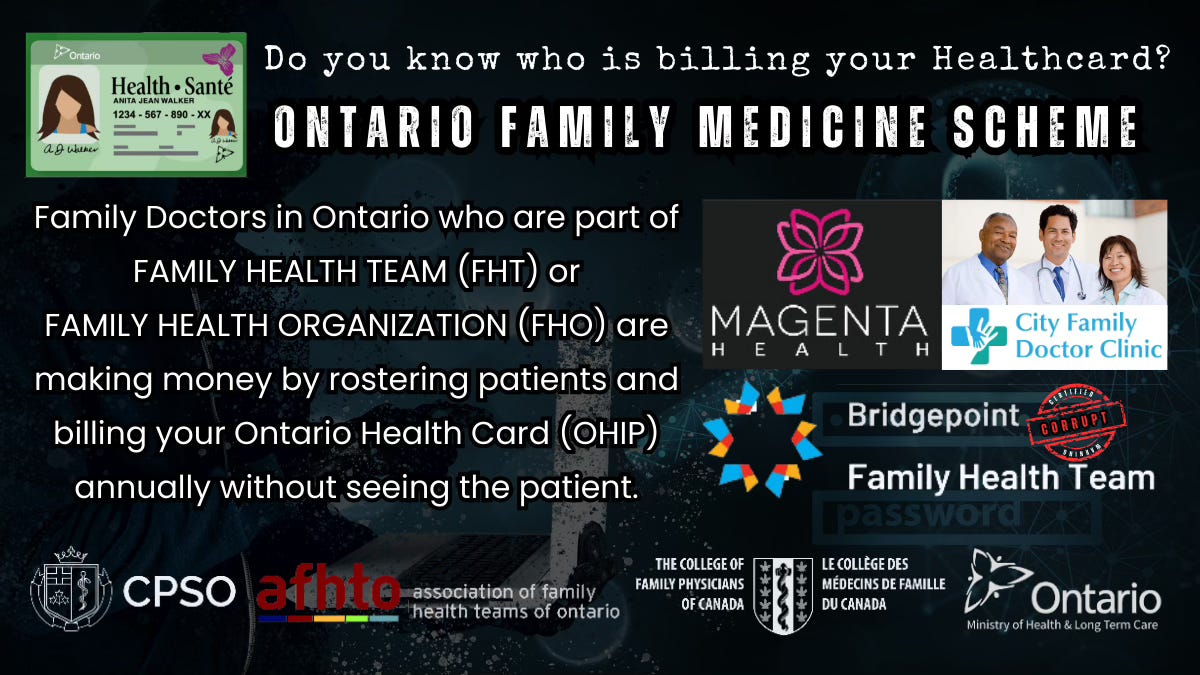
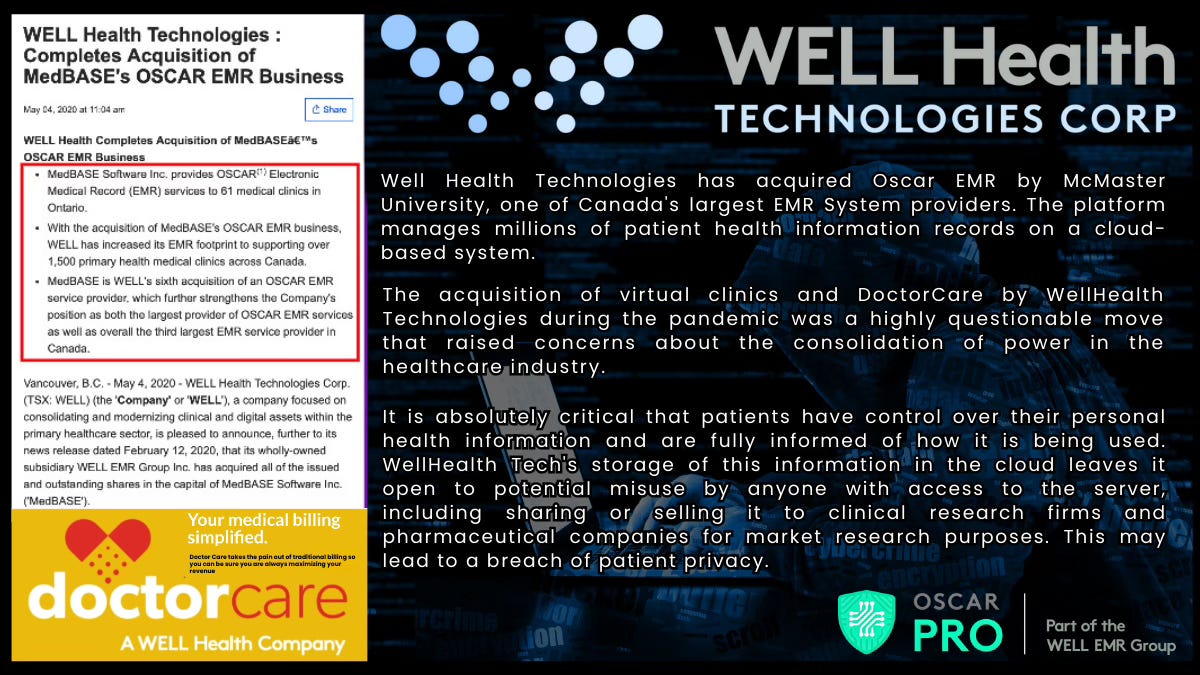
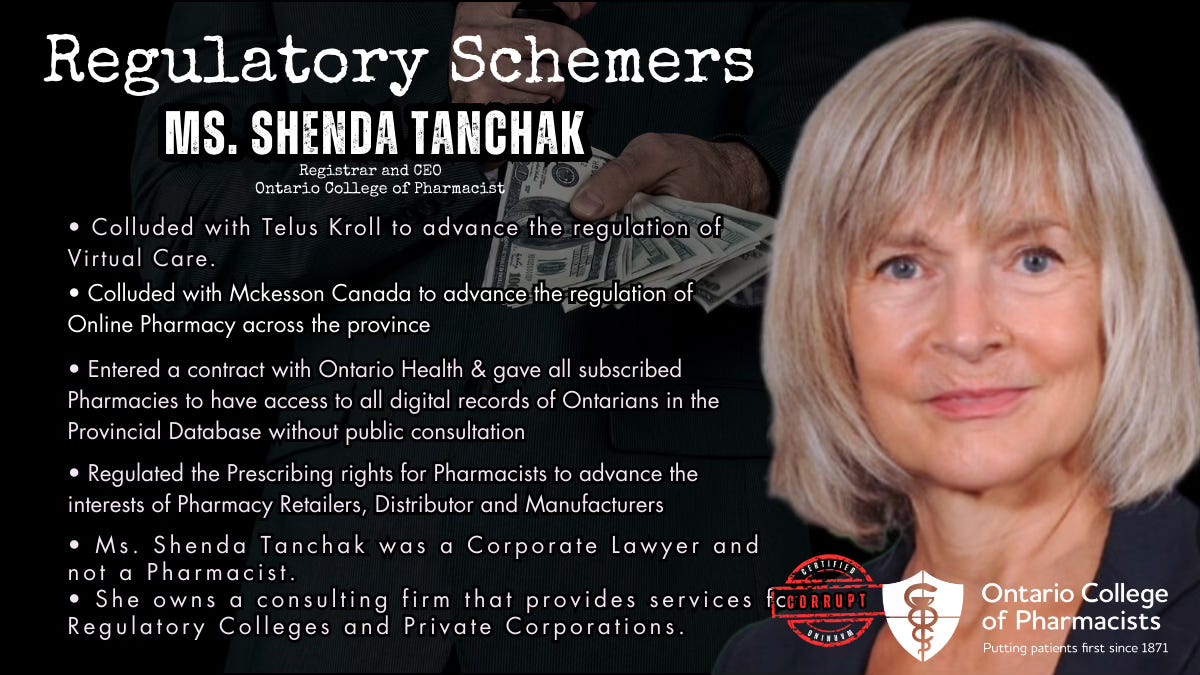
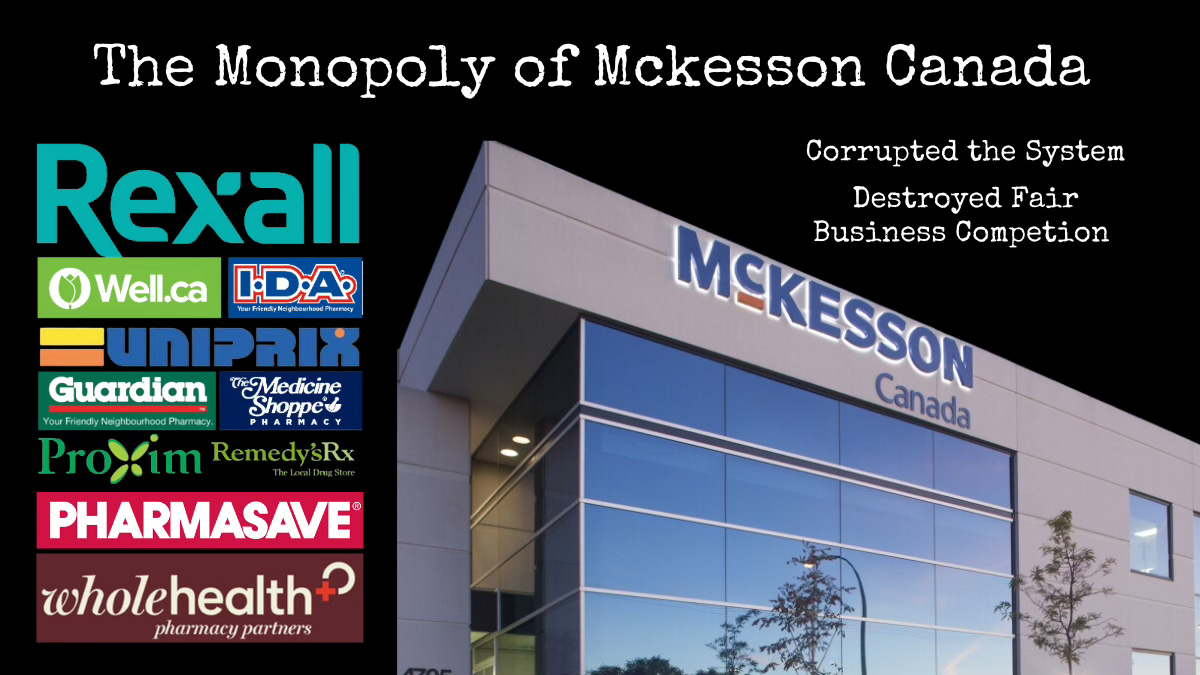


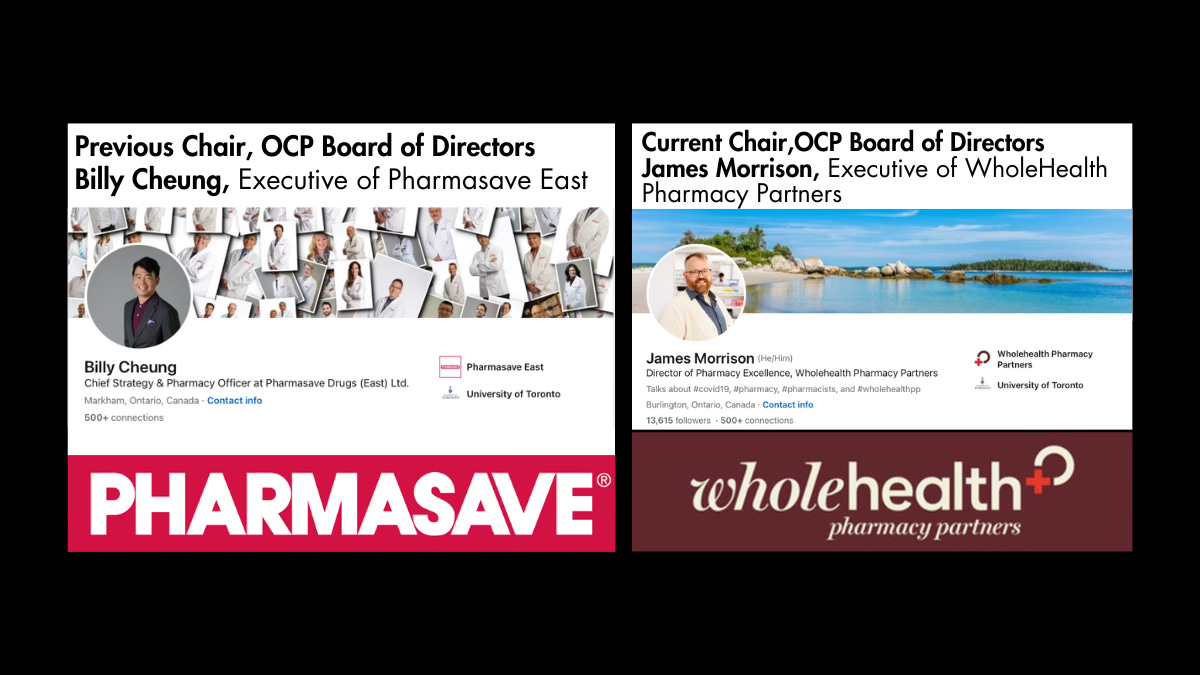


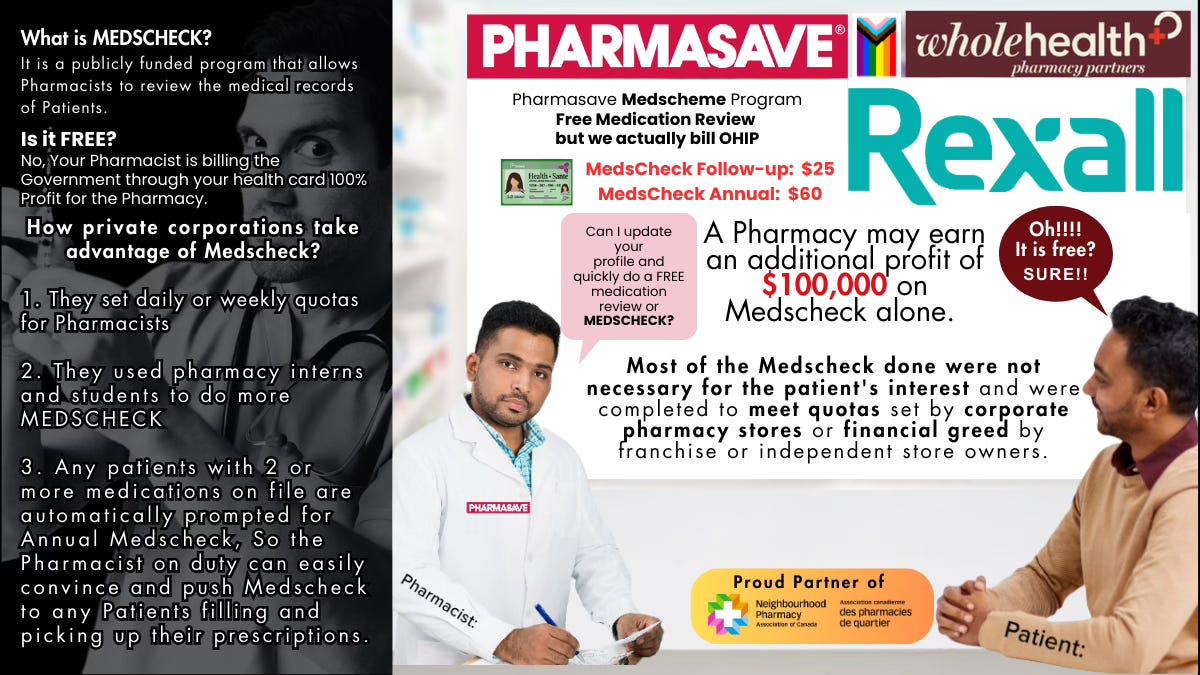


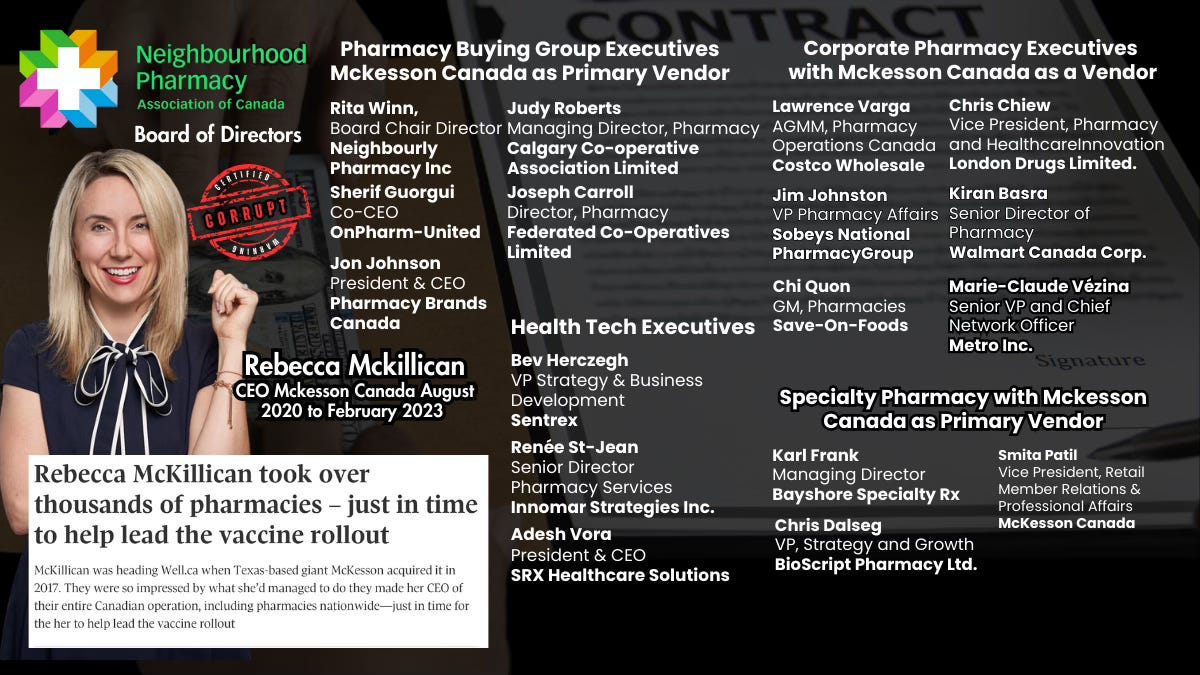
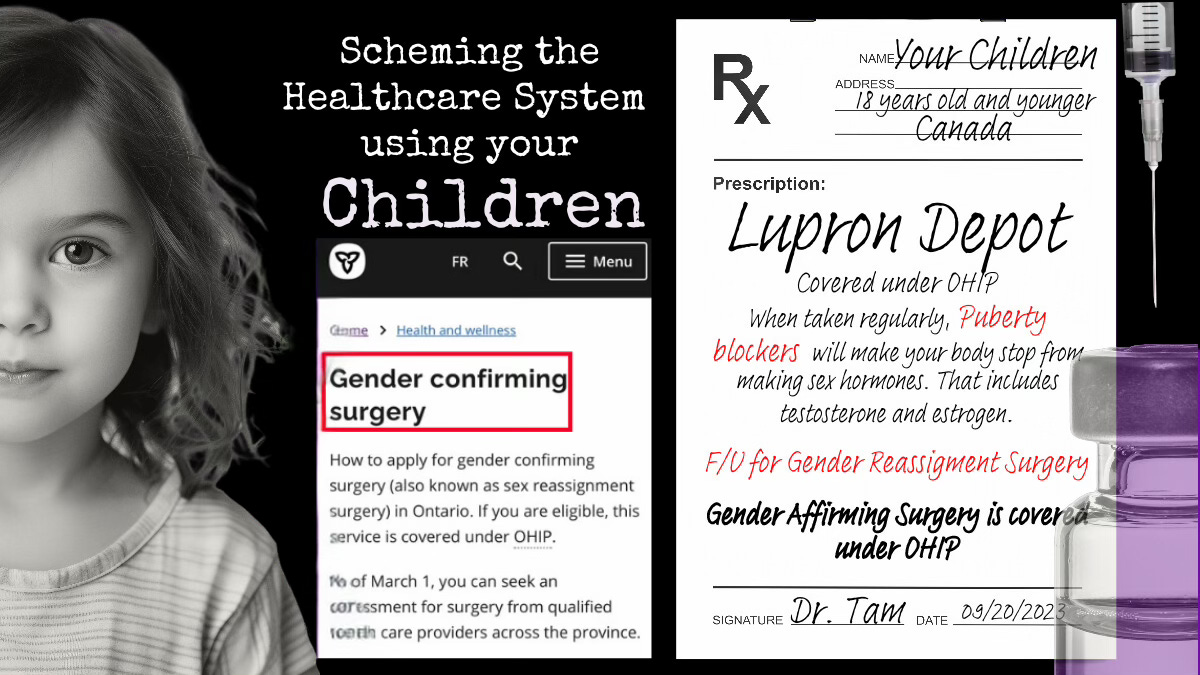

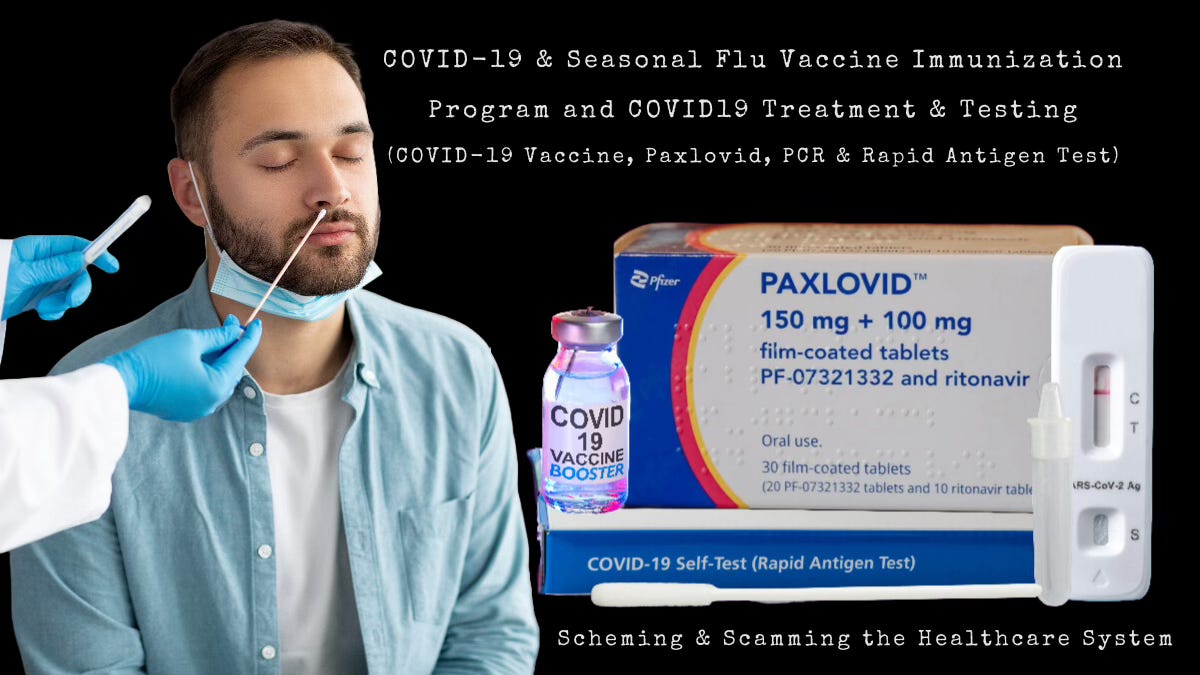

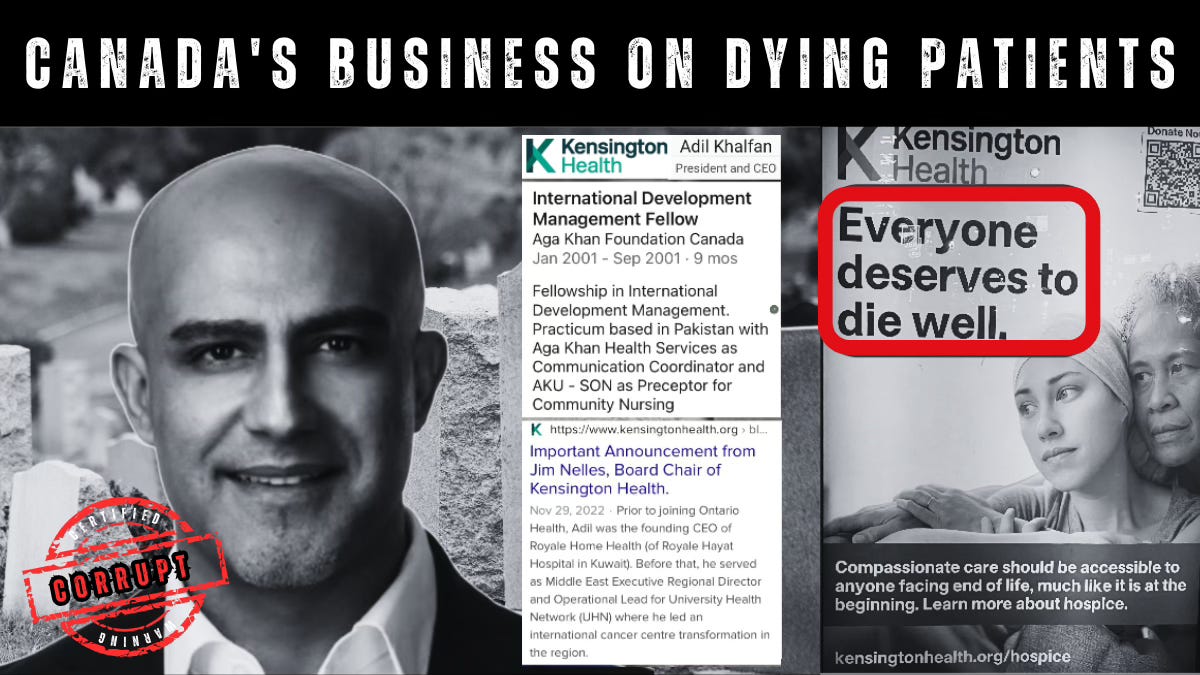

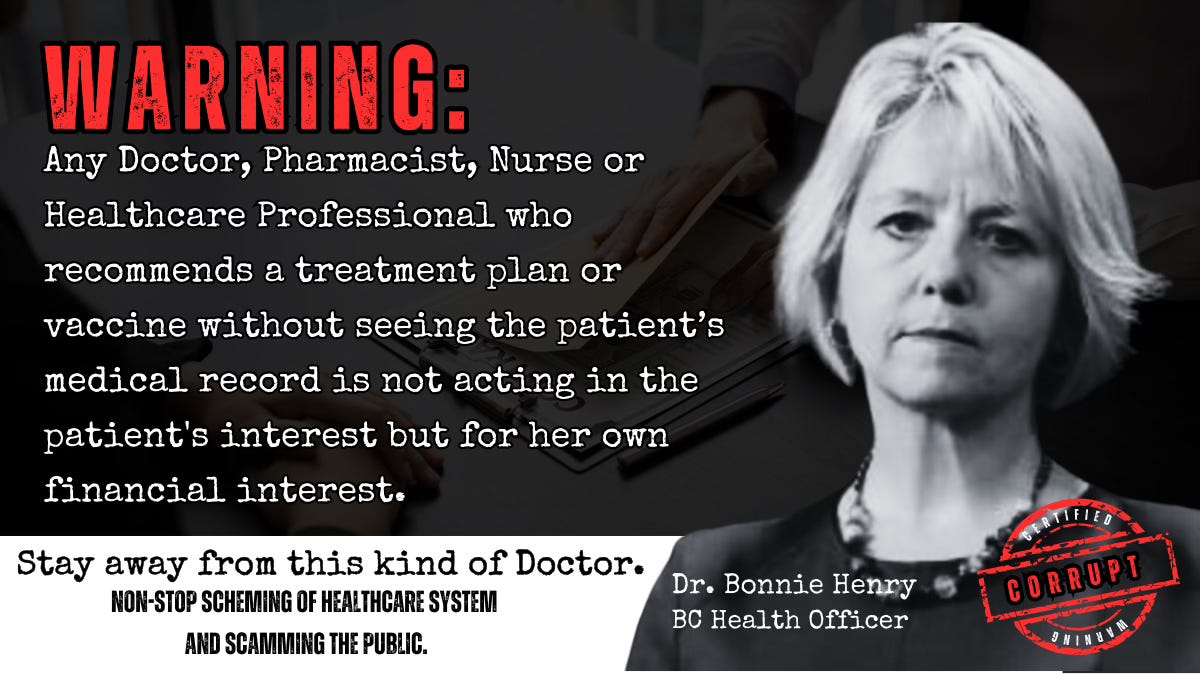
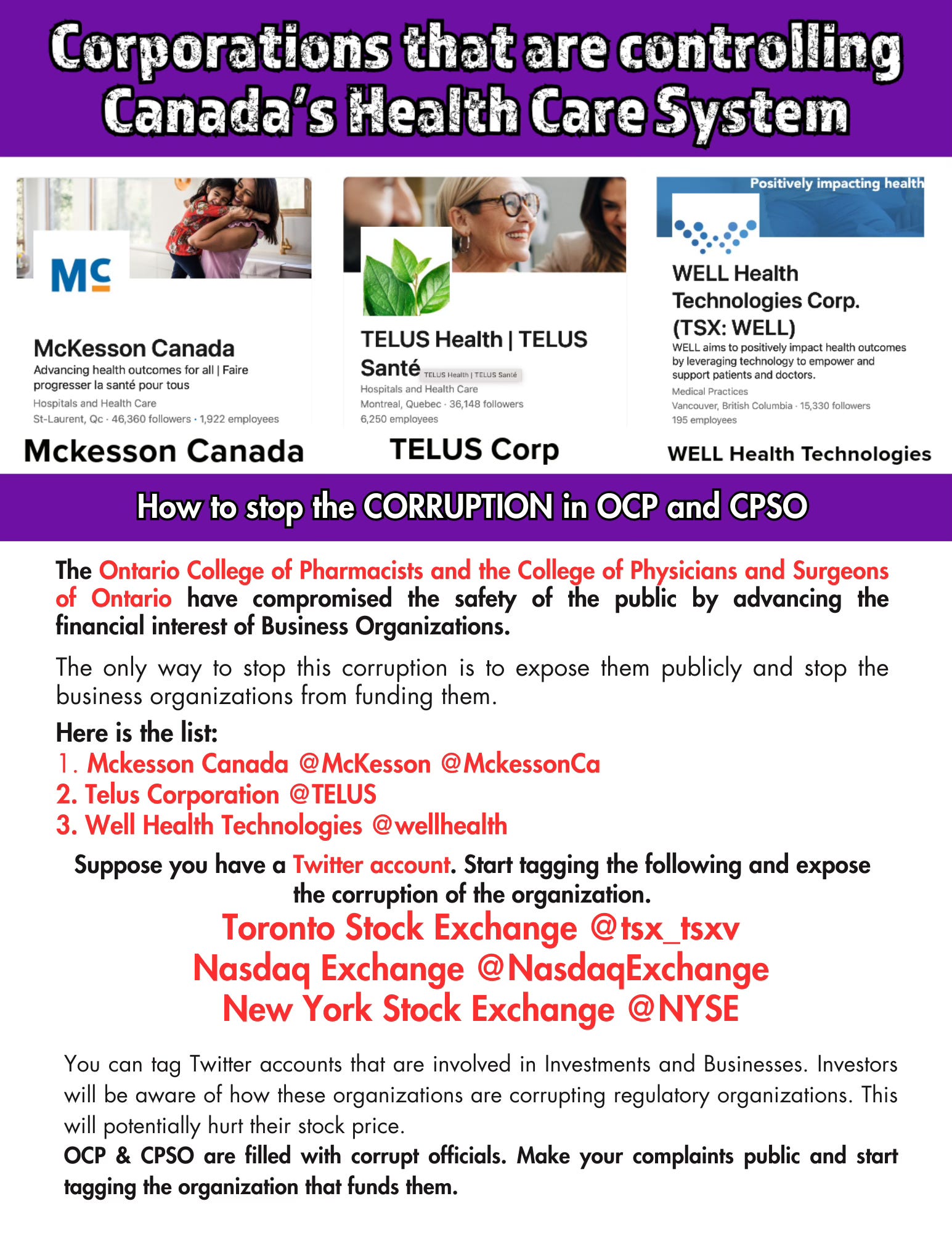
How the Federal NDP can make serious electoral gains and possibly form government in the near future in #canada
The New Democratic Party (NDP) has historically faced challenges in securing a federal election victory in Canada. To enhance its prospects, the NDP could consider the following strategies, informed by recent data, political analyses, and insights from political scientists:
1. Ideological Moderation and Modernization:
The NDP’s shift towards a more centrist platform under leaders like Jack Layton contributed to its electoral success in 2011, where it became the Official Opposition. This transition involved adopting pragmatic policies and modernizing campaign strategies to appeal to a broader electorate. 
2. Strengthening Riding Associations:
Robust local organizations are crucial for effective grassroots mobilization. Research indicates that the strength of NDP riding associations has been variable, impacting electoral outcomes. Investing in building and maintaining active local associations can enhance voter outreach and engagement. 
3. Capitalizing on Liberal Vulnerabilities:
Recent polls suggest declining support for the Liberal Party, with the NDP surpassing the Liberals outside of Quebec. The NDP can position itself as a viable alternative by highlighting policy differences and presenting clear solutions to current issues, such as economic concerns and healthcare. 
4. Addressing Economic and Social Issues:
Voters are increasingly concerned about economic stability, healthcare, and affordability. The NDP can craft policies that directly address these issues, emphasizing social programs and economic reforms that resonate with middle and working-class Canadians.
5. Leveraging Polling Data:
Continuous analysis of polling data can help the NDP identify shifting voter sentiments and emerging issues. Resources like 338Canada provide statistical models of electoral projections, offering insights into regional dynamics and potential swing ridings. 
6. Enhancing Digital Campaigning:
Modern political campaigns require a strong digital presence. The NDP can invest in digital marketing strategies, social media engagement, and data analytics to reach a wider audience, particularly younger voters who are active online.
7. Building Coalitions and Strategic Agreements:
While the NDP previously supported the Liberal minority government through a supply-and-confidence agreement, reassessing such alliances can provide opportunities to influence policy and demonstrate leadership. However, the NDP should also be prepared to assert its independence when beneficial. 
8. Learning from Provincial Successes:
Analyzing successful NDP strategies at the provincial level, such as those employed by former Manitoba Premier Gary Doer, can offer valuable lessons. Emphasizing practical, voter-friendly policies and effective communication were key components of these successes. 
By implementing these strategies, the NDP can enhance its appeal to a broader segment of the Canadian electorate, improving its chances in future federal elections and quite possibly winning in the near future!
News Blog
The 51st State? Trump’s Bold Proposal to Annex Canada Raises Eyebrows
By News Blog
In a startling and characteristically provocative statement during a meeting with Justin Trudeau in Florida last week, former U.S. President Donald Trump floated the idea of Canada becoming the 51st state of the United States. The comment, initially dismissed by the Canadian Prime Minister with a nervous laugh, has since ignited intense debates on both sides of the border.
While many dismissed the suggestion as another one of Trump’s attention-grabbing remarks, analysts are warning that it may be more serious than it appears. With a well-documented history of unconventional diplomacy and a strong populist following, Trump’s rhetoric often reflects strategies that challenge traditional political norms.
The Seriousness of Trump’s Statement
Despite its implausibility on the surface, Trump’s comments about annexing Canada align with his broader nationalist rhetoric. During his presidency, he often criticized the United States’ reliance on foreign nations for trade and resources, suggesting that North America should be more unified in its approach to global competition.
“Canada has resources, land, and wealth. It’s a neighbor that we already share so much with. Why shouldn’t it be part of the United States?” Trump reportedly said during the meeting , drawing attention from some in his proposed cabinet who were in attendance.
Trump’s remarks also come amid renewed U.S.-Canada tensions over trade disputes, disagreements over defense spending within NATO, and divergent environmental policies. Some have speculated that his statement could be a tactic to pressure Canada into deeper economic and defense integration with the U.S., while others fear it reflects a genuine ambition.
How Could the U.S. Annex Canada?
Though the idea of the United States absorbing Canada seems far-fetched, political theorists suggest two potential pathways for such an event: diplomacy or force.
Diplomatic Integration
A peaceful integration of Canada into the United States would require an unprecedented series of political and legal maneuvers. The Canadian government would need to hold a referendum, securing the support of a majority of its citizens to join the U.S. as a state. However, such a move would face massive opposition from Canadians who value their independent identity and parliamentary system of governance.
In the unlikely event of a successful referendum, the U.S. Congress would need to approve the annexation, requiring significant political will and constitutional amendments.
Military Action
A far more controversial and catastrophic route would involve the use of force. While unthinkable for most modern democracies, Trump’s history of militaristic language raises concerns among critics. Some have pointed out that a hypothetical U.S. military operation could capitalize on the asymmetry between the two nations’ defense capacities.
“Canada’s military is comparatively small, and its geography is its main defense,” said a retired Canadian military analyst. “But even in this outlandish scenario, the global backlash against the U.S. would be insurmountable.”
Canadian Reaction
Prime Minister Trudeau, when asked about Trump’s statement, responded with a measured tone, calling it “an amusing but implausible remark.” However, opposition leaders and many Canadians expressed outrage. Social media exploded with hashtags like #CanadaIsNotForSale and #TrumpHandsOffCanada.
“The idea that Canada would ever become part of the United States is absurd,” said NDP leader Jagmeet Singh. “Our sovereignty is not negotiable.”
Meanwhile, experts warn that the statement reflects broader concerns about Canada’s relationship with its powerful southern neighbor.
What’s Next?
While the annexation of Canada may never materialize, Trump’s remarks could serve as a reminder of the ongoing need to strengthen Canada’s defenses—both militarily and diplomatically. The episode also underscores the unpredictability of U.S.-Canada relations, particularly in an era of populist politics.
For now, Canada’s status as an independent nation remains secure, but the incident has left Canadians reflecting on their national identity and t